Organized on the eve of the first round of the legislative elections and after « an unprecedented anti-trans campaign », the pride march brought together several thousand people in Paris, with the fight against transphobia as its motto.
A young crowd gathered at midday, at the Porte de la Villette, a working-class district in the north of the capital, taking up in a festive atmosphere slogans such as « Let’s vote for our rights », « Put some glitter in your life », « The fight is my pride », and « Against transphobia: transsolidarity! ».
As every year at this time, several parades take place, in France and around the world, to defend the rights of LGBT+ people. But do you know why?
Witness to the mix between militant and festive aspects, the marches have slogans related to the political issues of the moment (the right to marriage and adoption, medically assisted procreation, etc.). But the processions are punctuated by DJs, choirs or floats, and people often come in groups to meet up. In Paris, a free concert is organized at the arrival of the demonstration. In other cities, cultural events such as film festivals or exhibitions are added to the demonstrations.
Pride marches around the world, commonly organized in June, commemorate the Stonewall riots, which occurred in New York in June 1969.
On June 28, 1969, in a New York bar called the Stonewall Inn, frequented by many homosexuals, transgender people, drag queens and prostitutes, a police raid turned into a confrontation. At the time, these operations by the police were « quite common, in a context of police repression against LGBT+ people ». That evening, the police officers who entered the establishment found themselves faced with a crowd that did not give in. « Those who had been arrested began to protest; we started throwing objects, coins, anything we could get our hands on, at the police cars. We hadn’t consulted each other at all, but this time, we said to each other: « That’s enough. » The face-off turned into a riot, which continued for five days. After these clashes, many LGBT+ rights organizations were born across the Atlantic.
In France, « the first appearance in public of homosexuals and lesbians claiming to be such dates back to May 1, 1971, » activists from the Front homosexuel d’action révolutionnaire (Fhar), a radical left-wing collective born in the wake of the protest movements of May 1968, burst into the May 1 parade organized by the unions.
During the 1970s, LGBT+ activism grew and « groups of Libération Homosexuales (GLH) appeared in around thirty cities in France ». Finally, on June 25, 1977, the first autonomous march of homosexuals and lesbians was organized in the capital, in support of the American LGBT+ movement which, behind the deputy Harvey Milk, denounced discriminatory laws. The ancestor of the Parisian pride march only brought together a few hundred people.
However, LGBT+ people continue to suffer different forms of discrimination, have not yet acquired all the rights they claim all over the world and even see certain achievements called into question, the associations remind us. « Being heterosexual does not pose a problem for obtaining housing or a job and is not likely to lead to an assault in the street », lists Anne-Lise Ceran, from the Nosig association, who assures that « as long as there is no complete equality, we will continue to march ».
This last slogan was also written on the banner at the head of the procession while the organizers of this 2024 edition intended to denounce a transphobic offensive.
« Until now we suffered from ignorance, now it is direct hatred », judged Anaïs Perrin-Prevelle, director of OUTrans in a press conference, adding that « in 2024, we have experienced an unprecedented anti-trans campaign ».
Organized on the eve of the first round of the legislative elections, the pride march is also an opportunity for slogans or political speeches.
« The ‘pride’ is the party, but before the party it is the riot, the anger, in a very serious social and political context », declared Mimi, co-president of the association supporting trans people Acceptess-T.
Colorful floats, unicorn-shaped balloons, hearts or disco balls, percussion concert or London-style bus from the Act-up association, the procession reaches the Place de la République for the concert, headlined by Eddy de Pretto, Bilal Hassani, Desire, Louïz and drag queen Piche.
While these events first emerged in major American and then Western cities, they have also spread to some capitals in the rest of the world and, sometimes, to more rural areas. In France, there are some 80 pride marches organized in 2024.
They are mainly held in large cities, but also take place in towns with fewer than 10,000 inhabitants such as Ancenis (Loire-Atlantique), Saint-Martin-d’en-Haut (Rhône) or Tignes (Savoie). In recent years, gatherings have even taken place in some villages, such as Molines-en-Queyras (Hautes-Alpes), Saint-Laurent (Lot-et-Garonne) or Chenevelles (Vienne), which has hosted a rural pride march since 2022.
According to a police source, the authorities are expecting a high number of participants between 50,000 and 80,000 people.
Copyright ©2024 – IMPACT EUROPEA
Views: 0


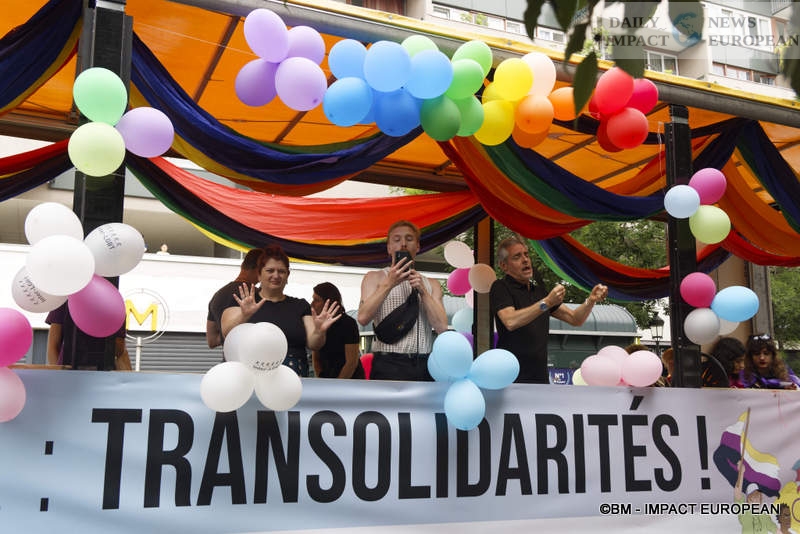
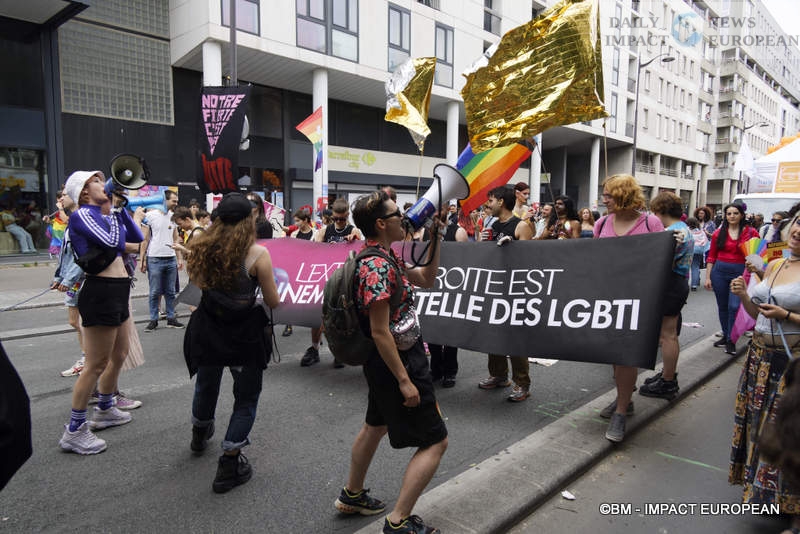
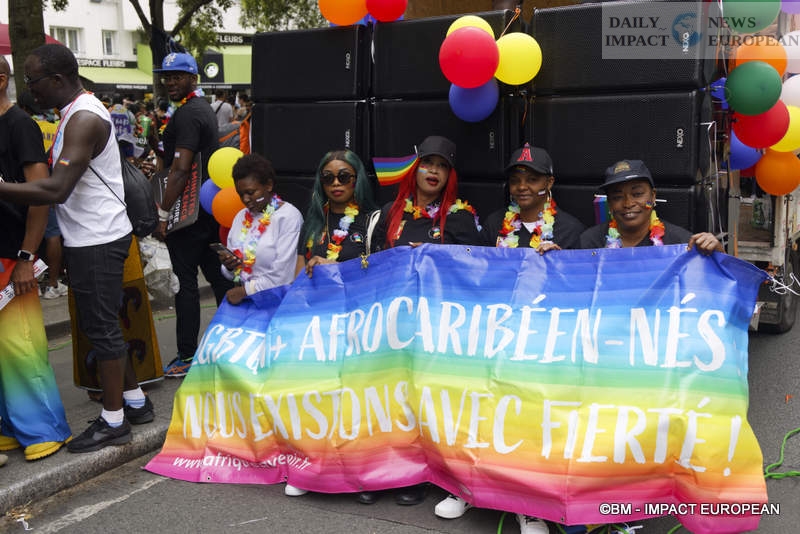
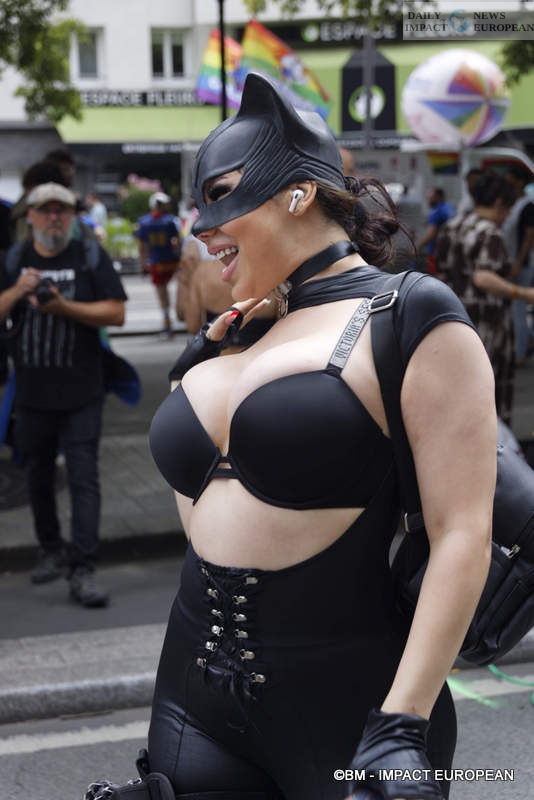
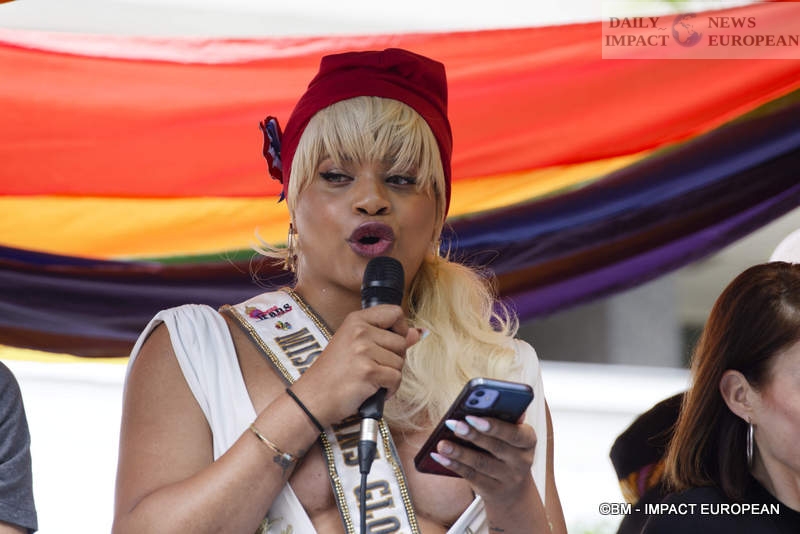
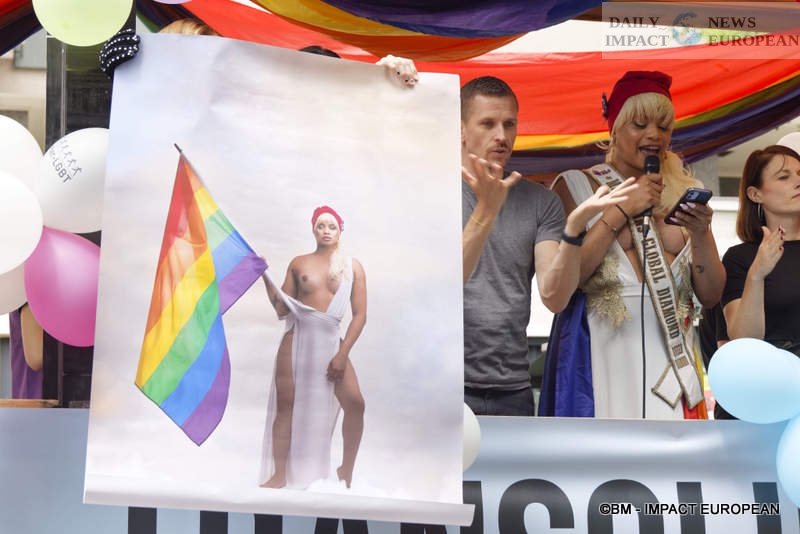
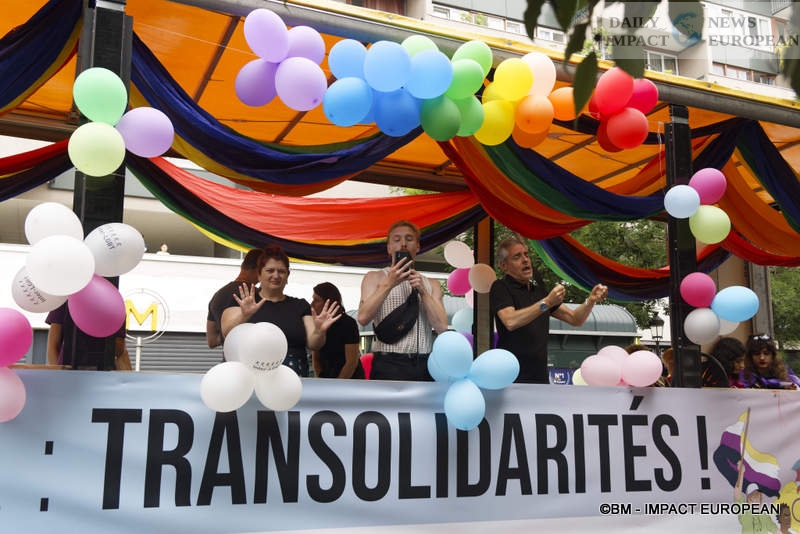
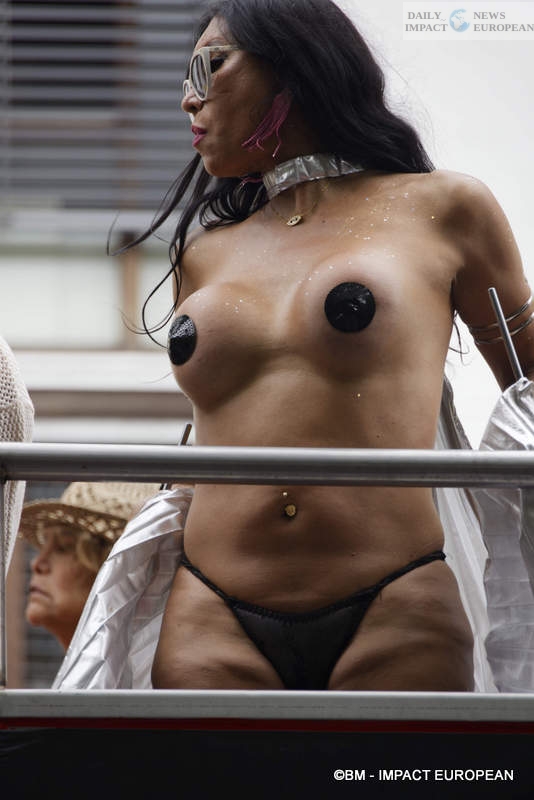
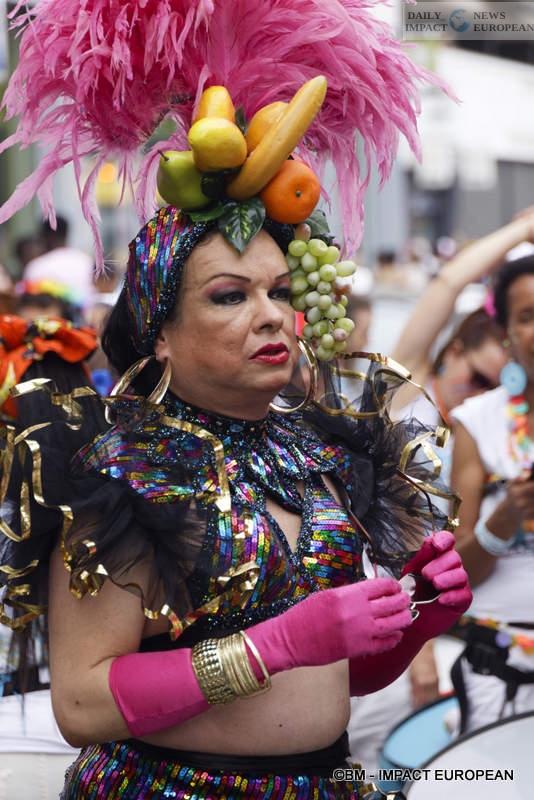
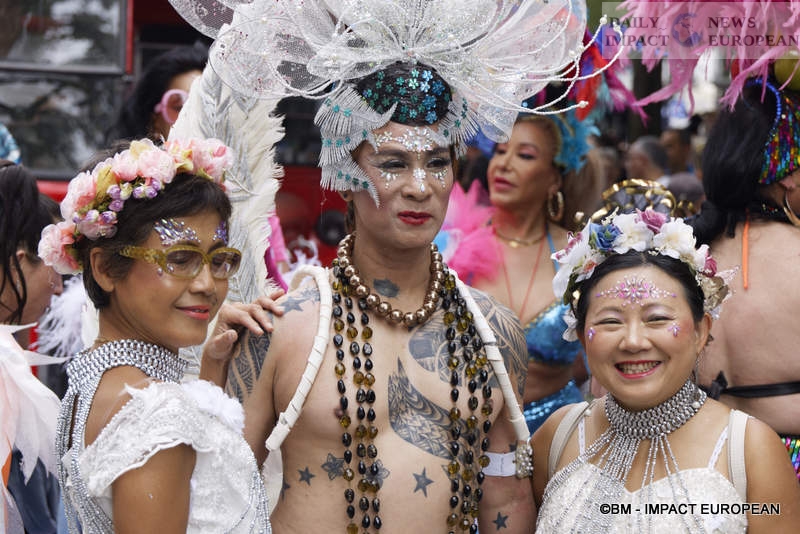
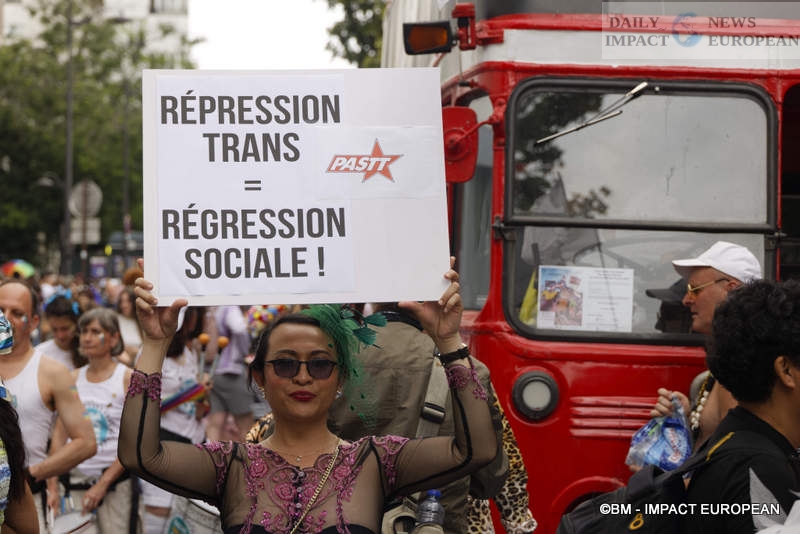
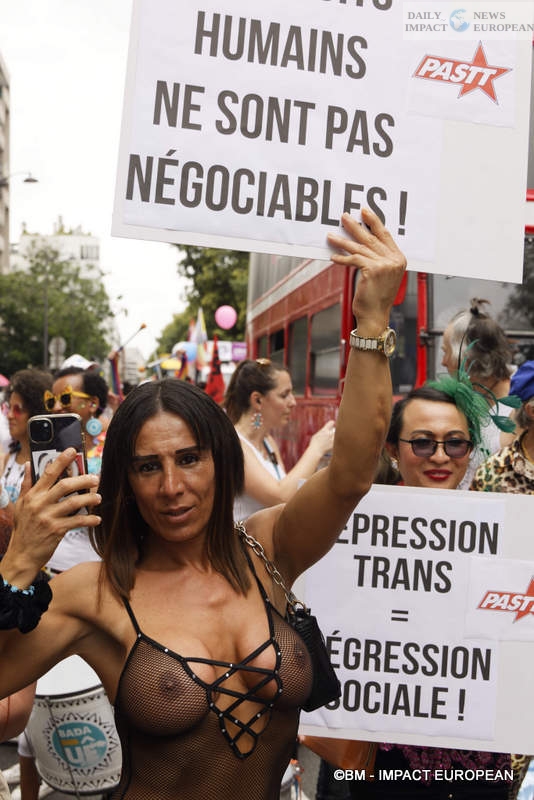
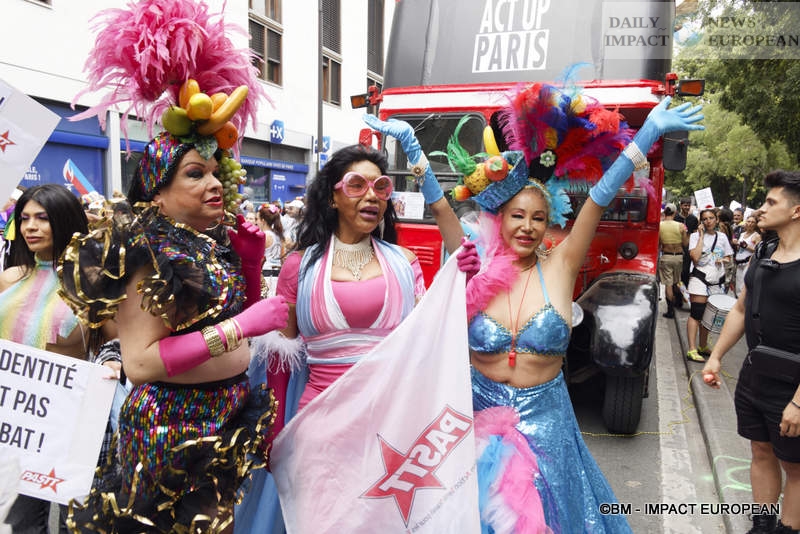
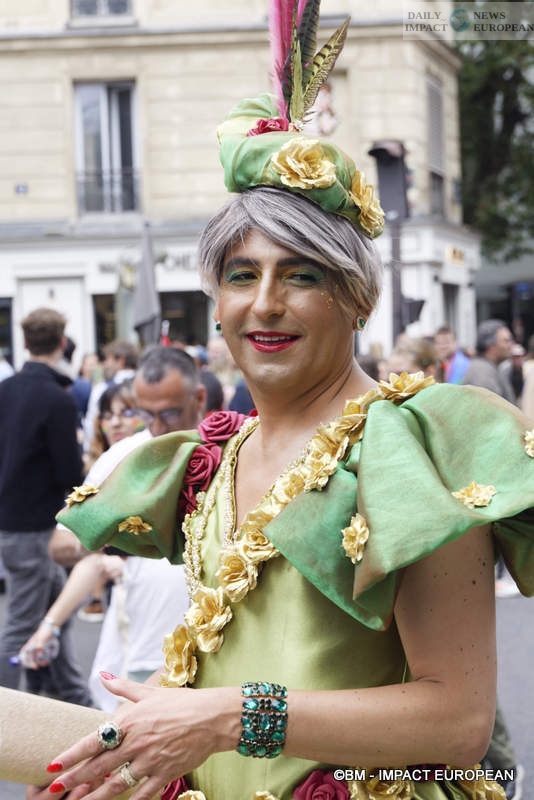
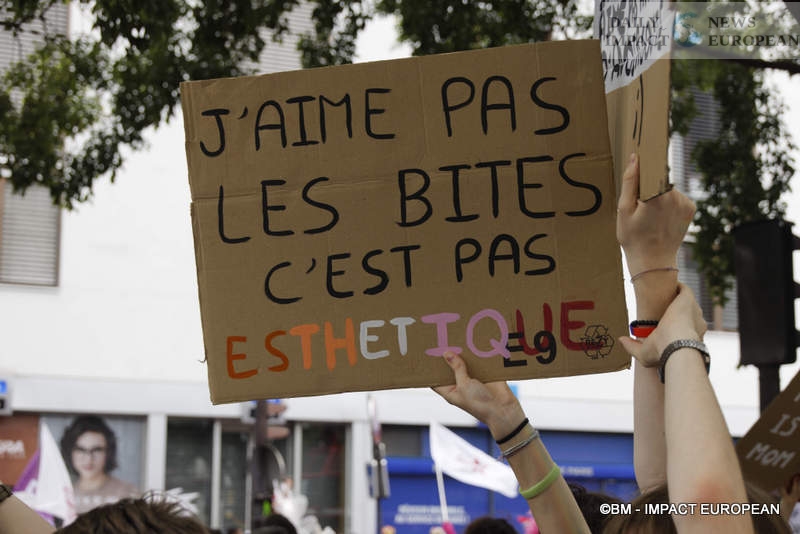
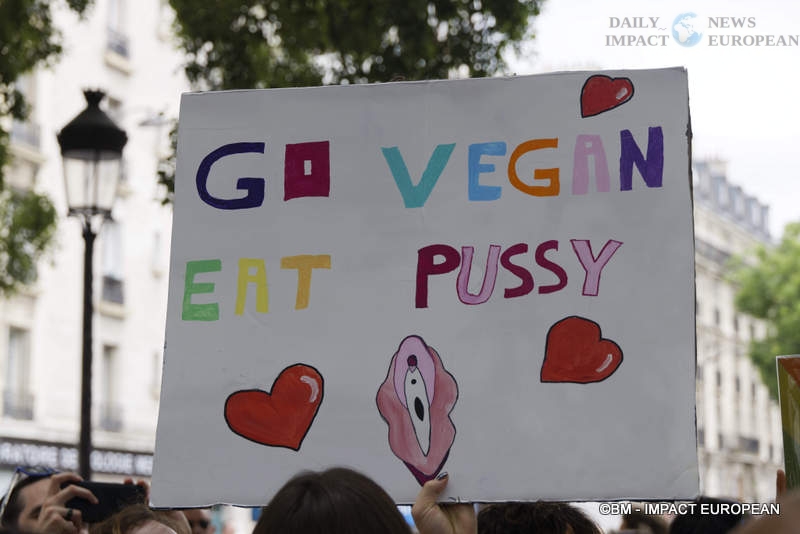
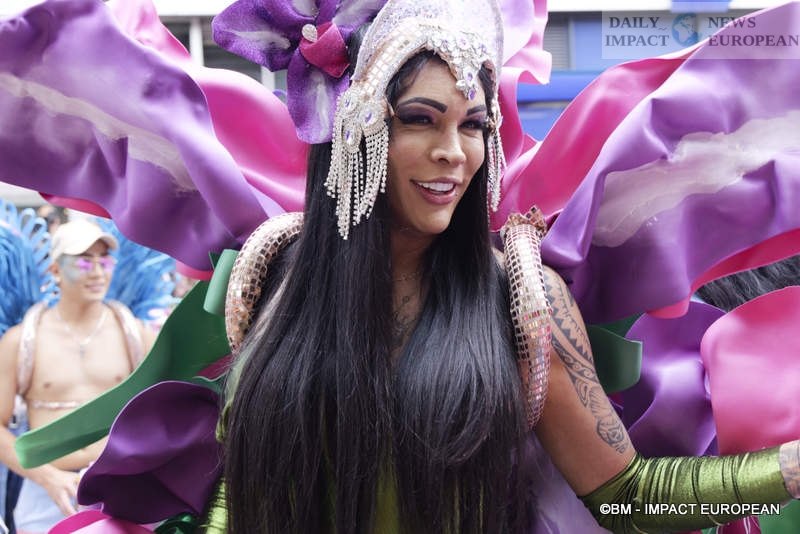
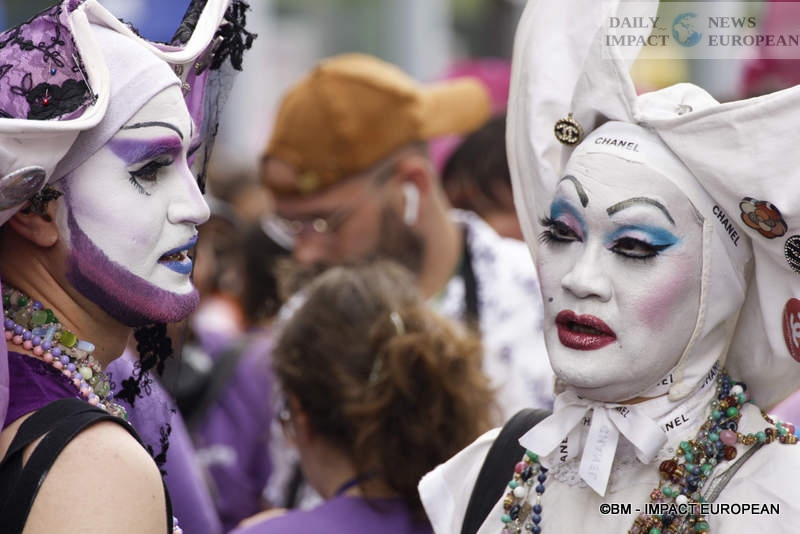
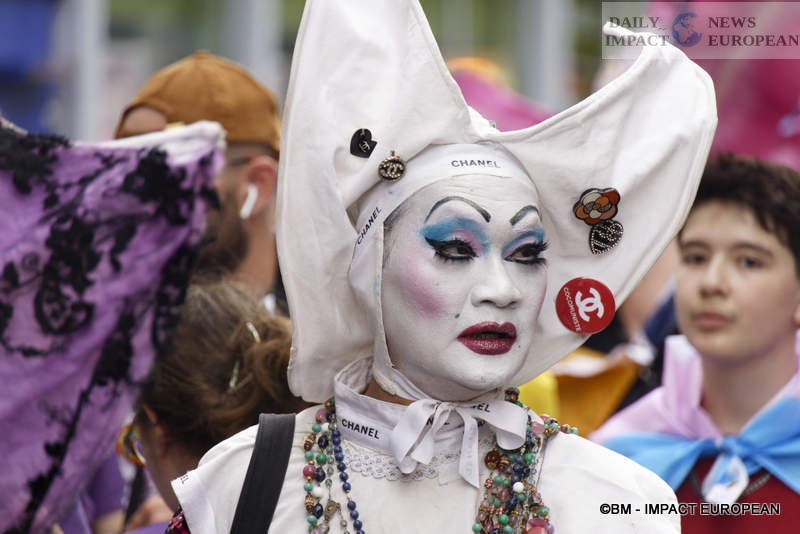
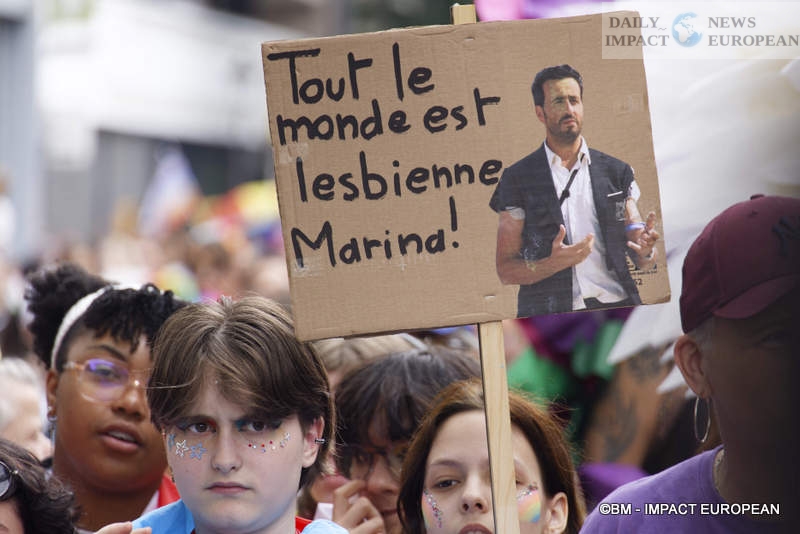
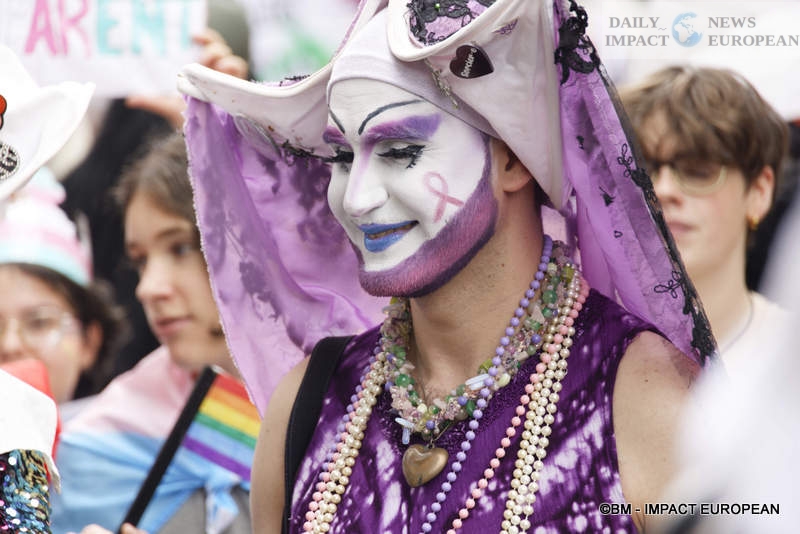
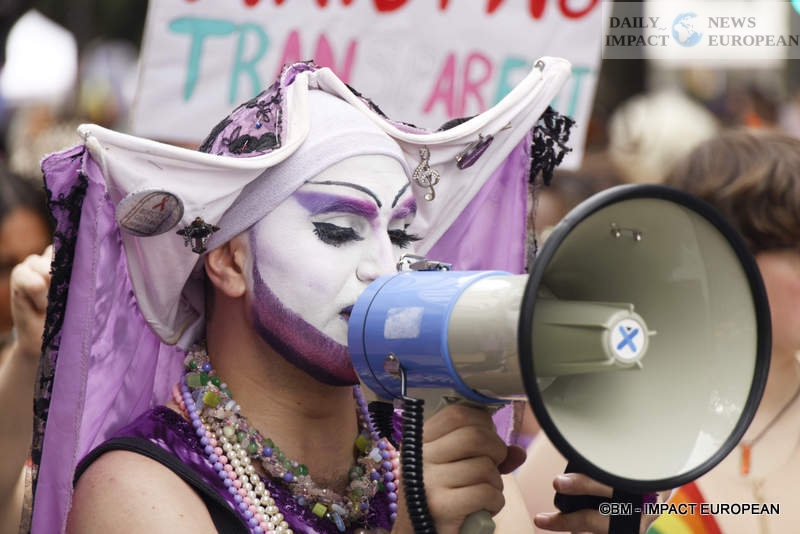
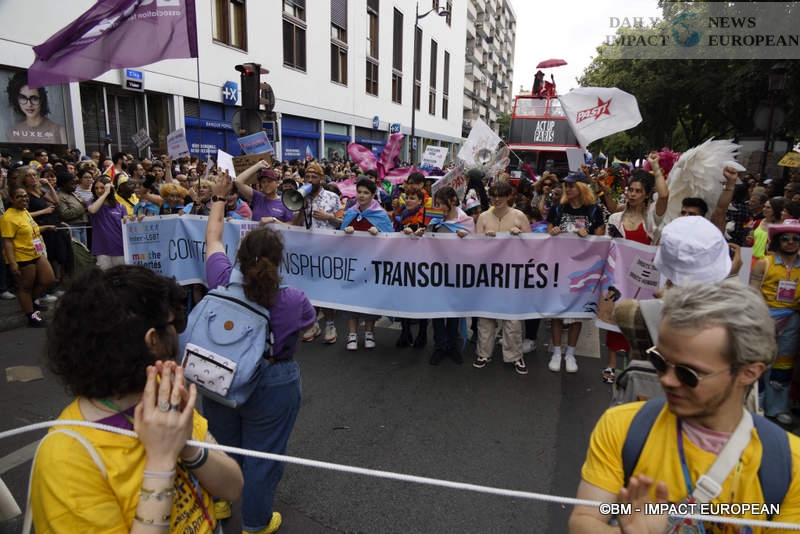
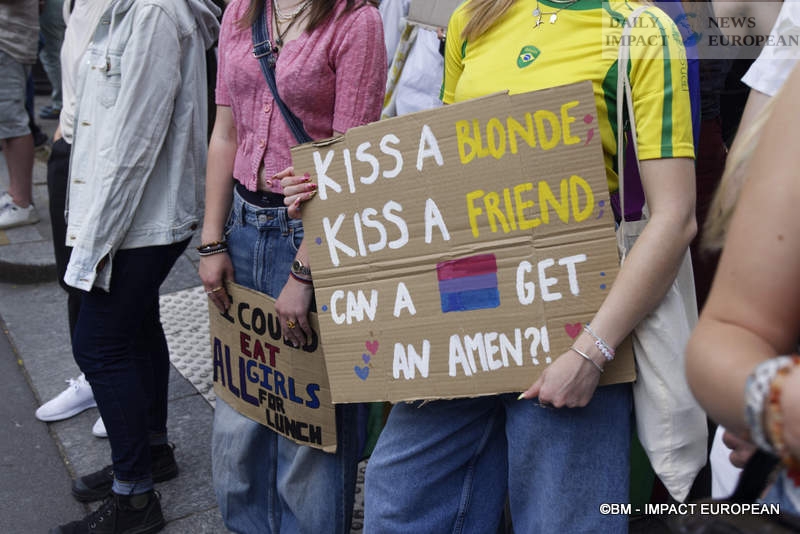
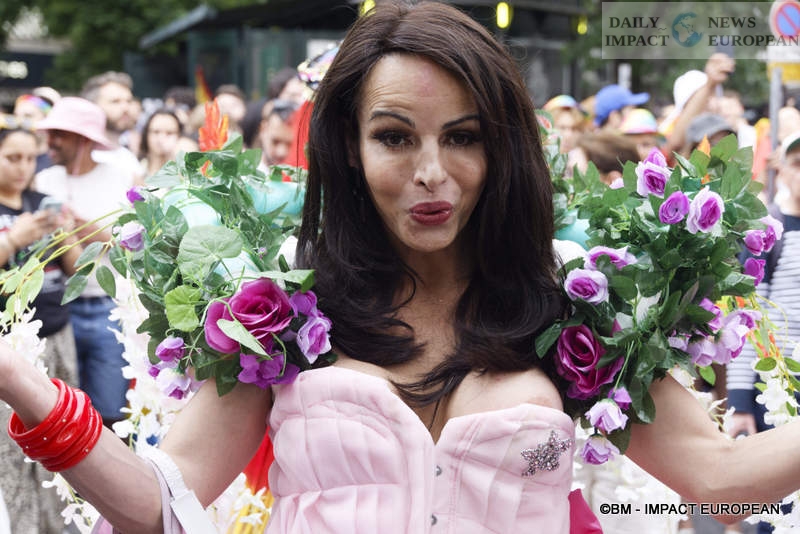
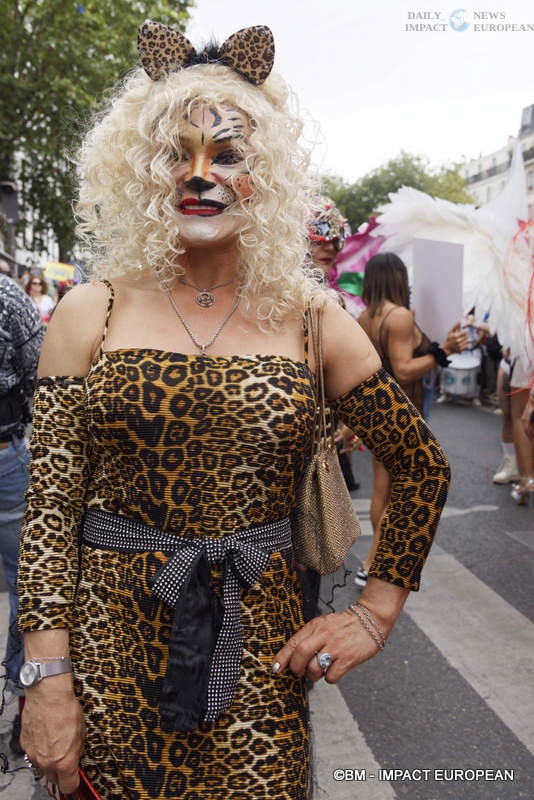
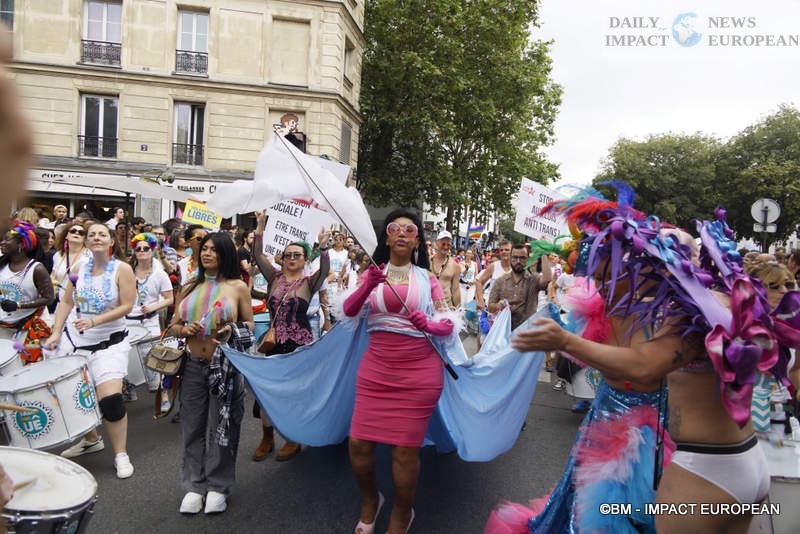
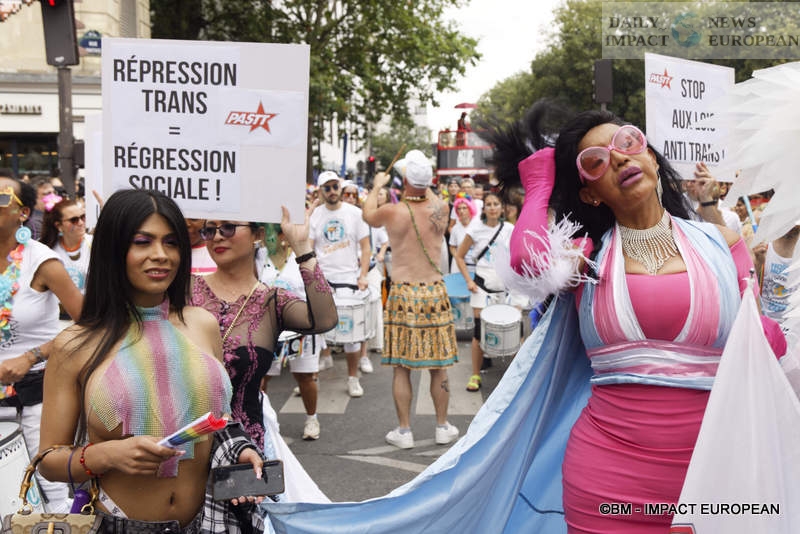
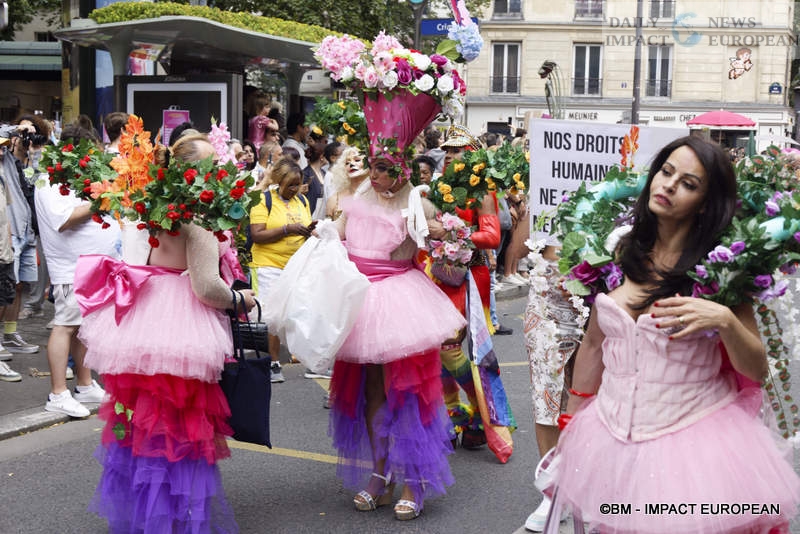
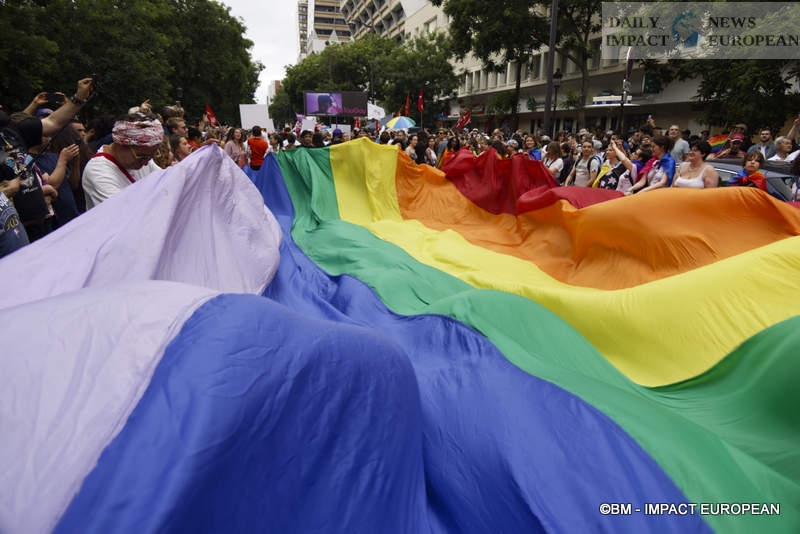
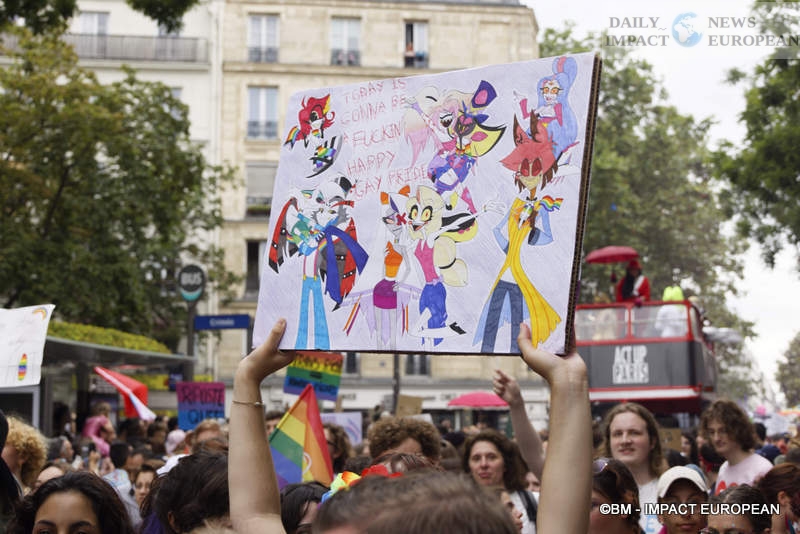
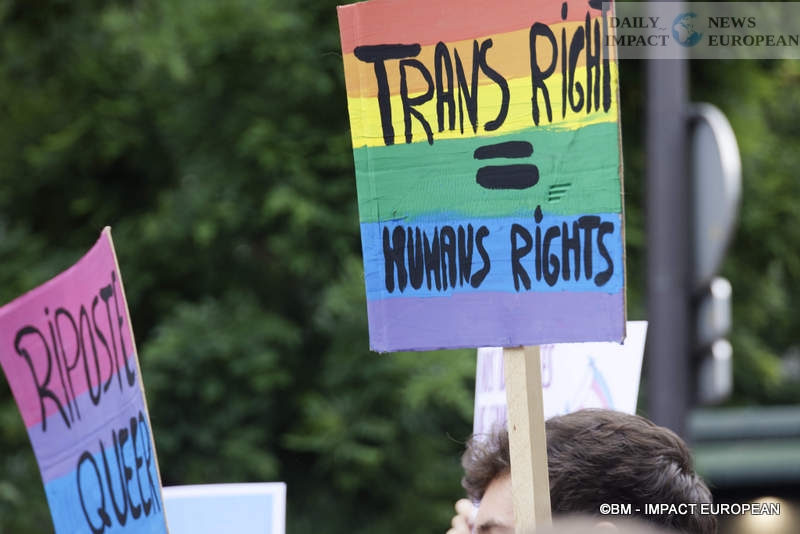
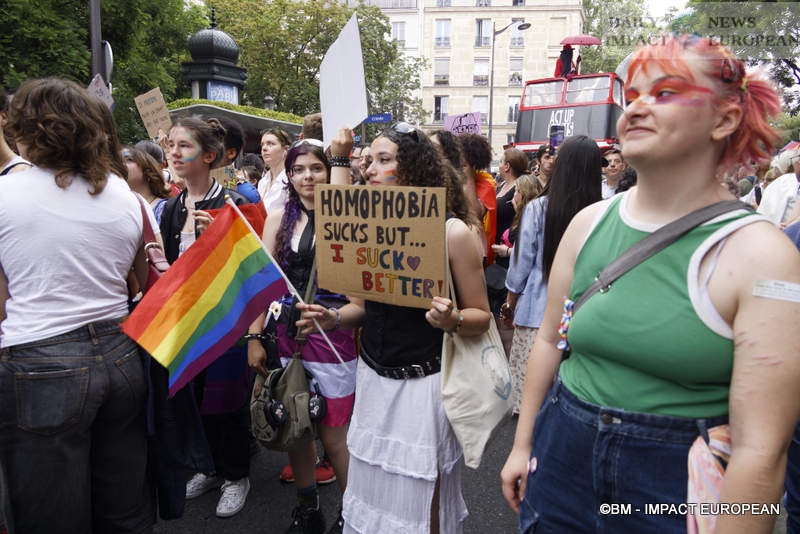
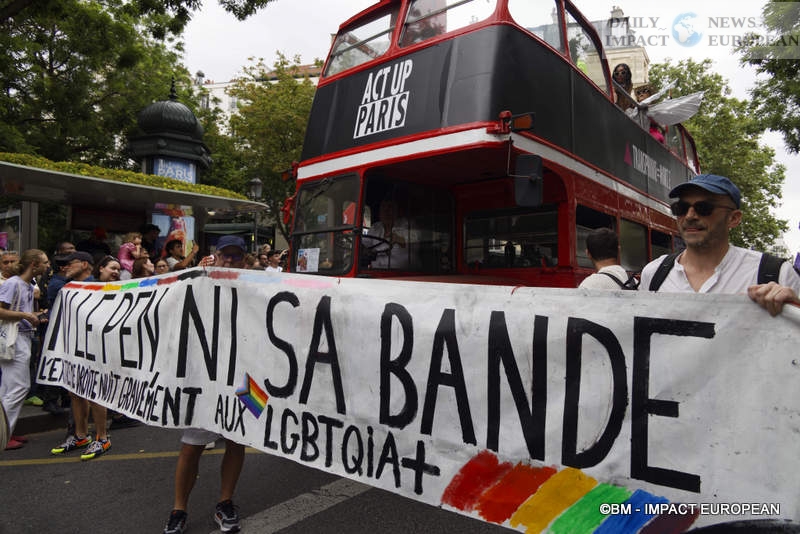
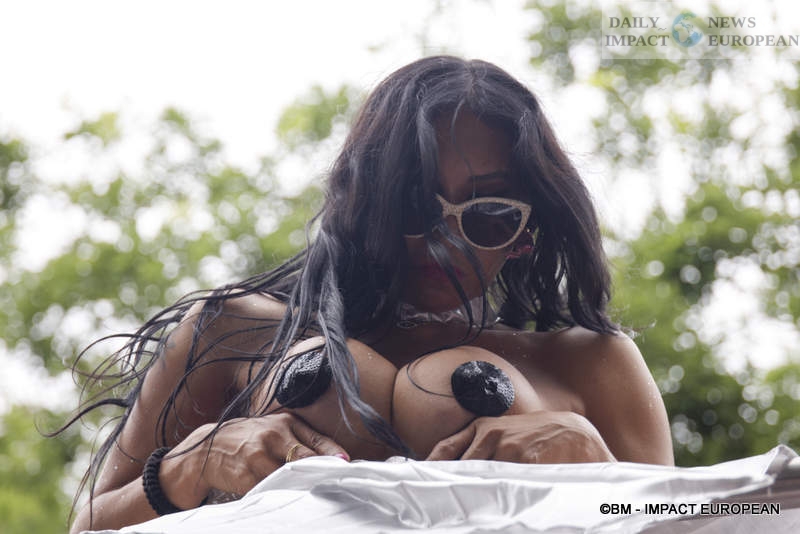
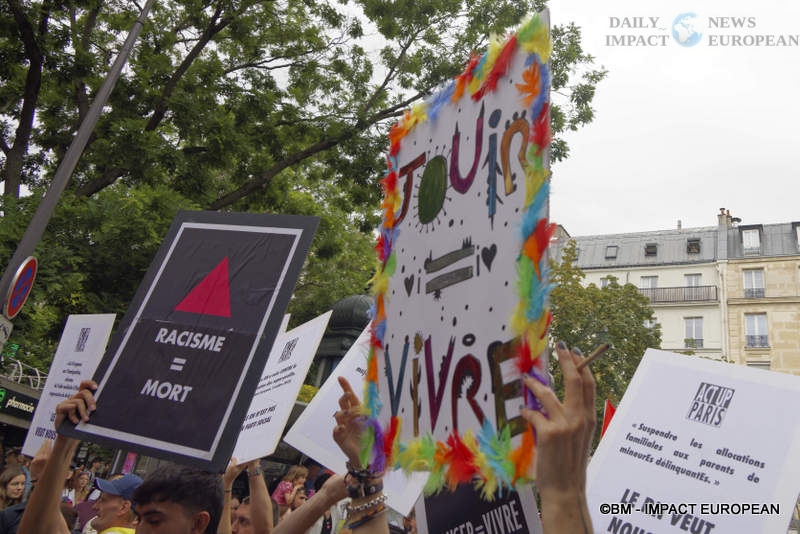
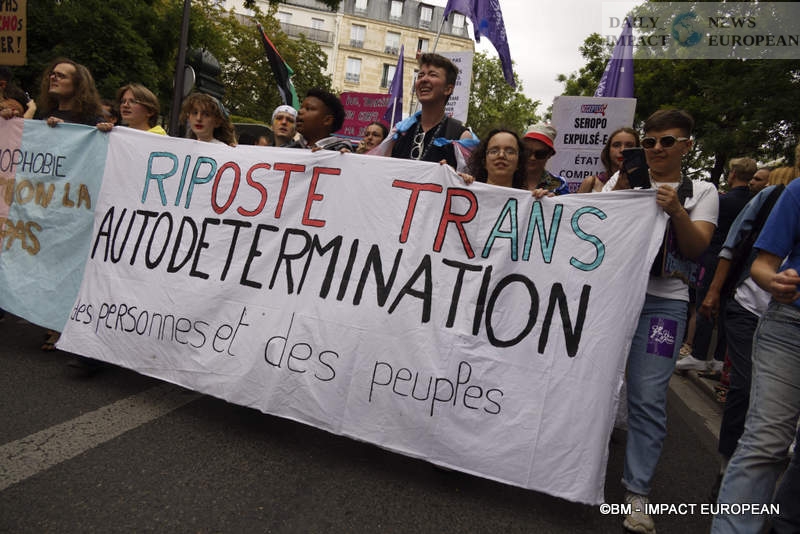
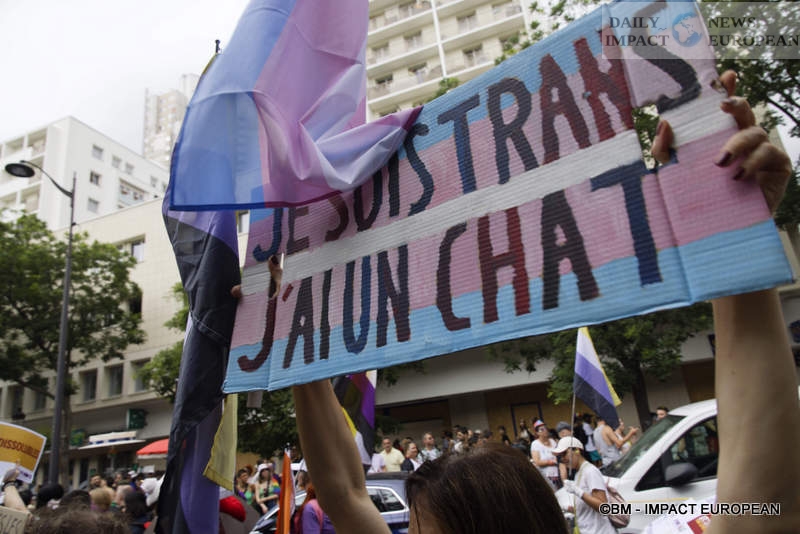
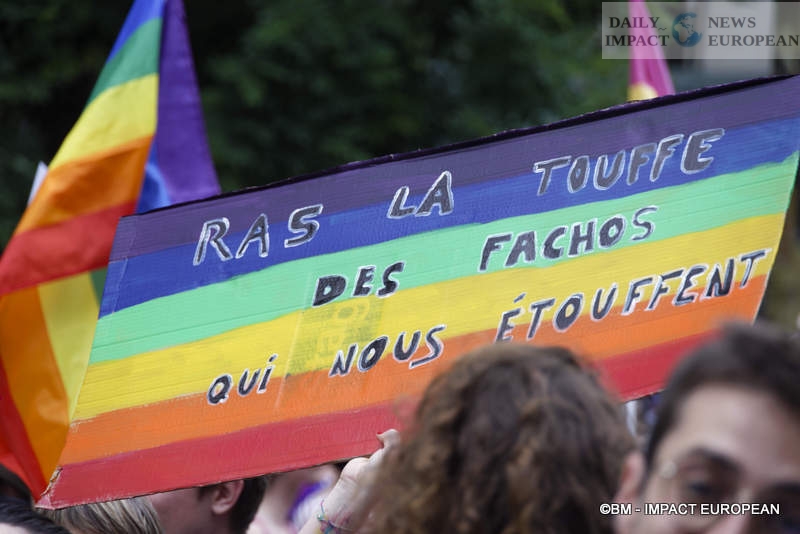
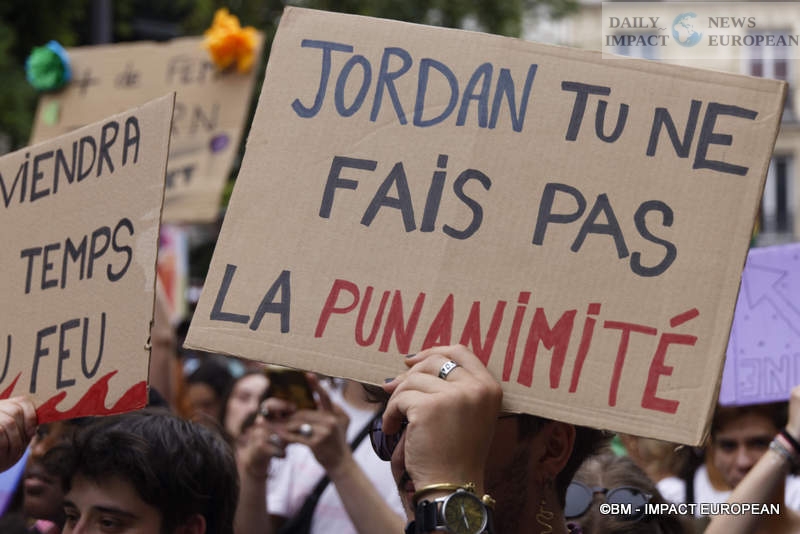
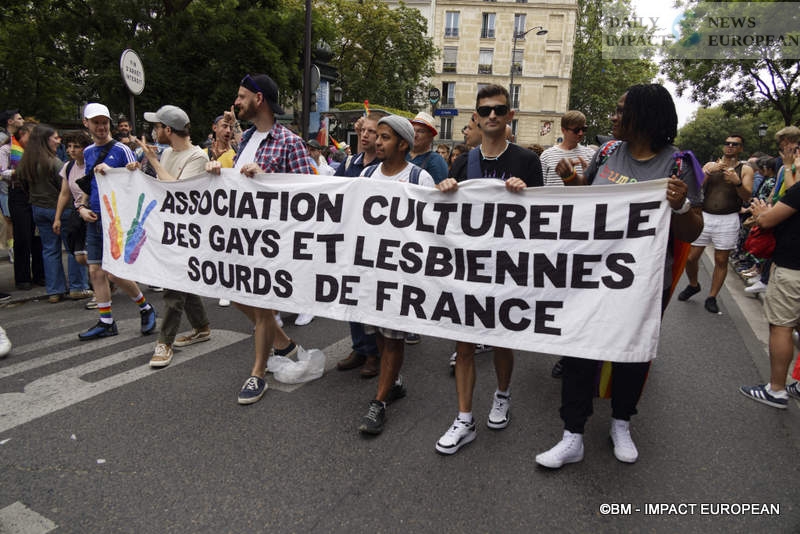
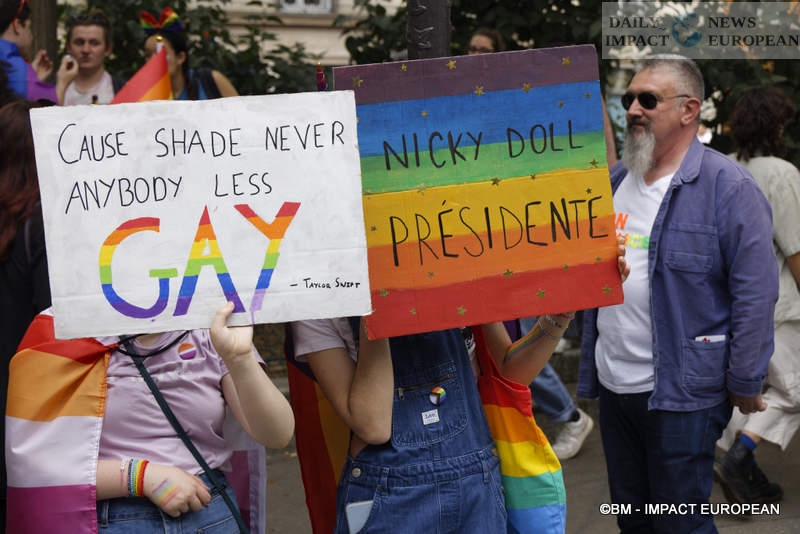
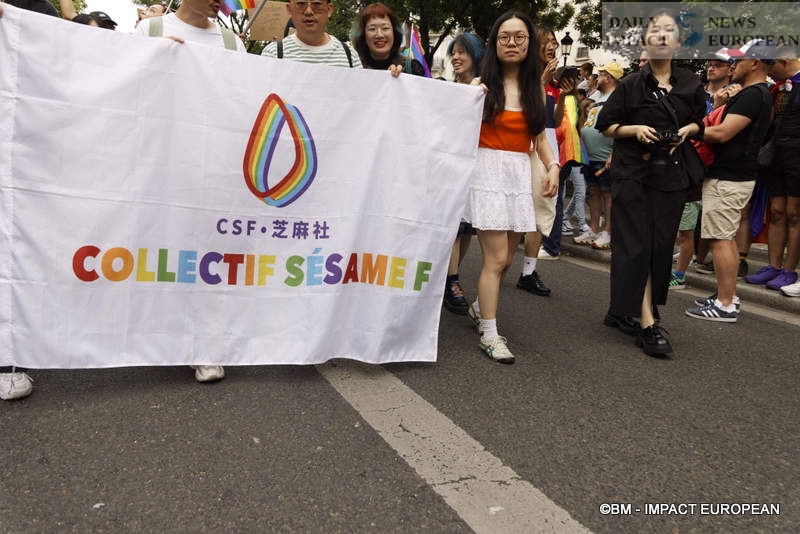
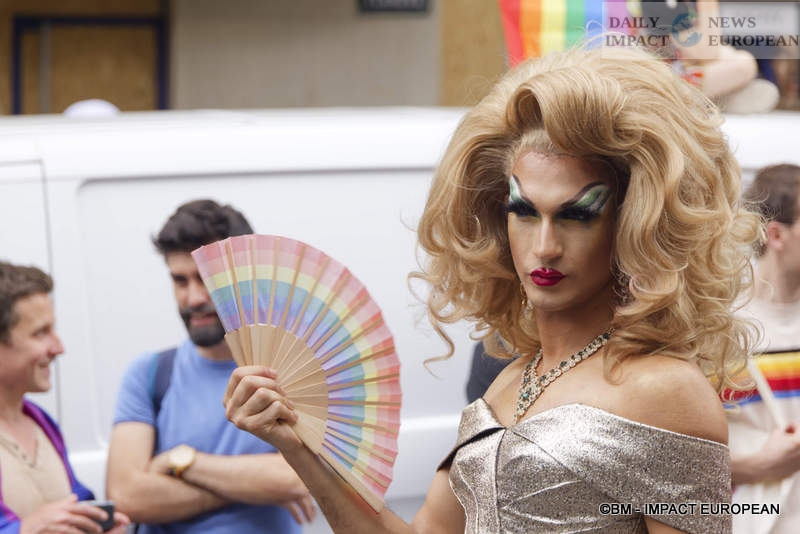
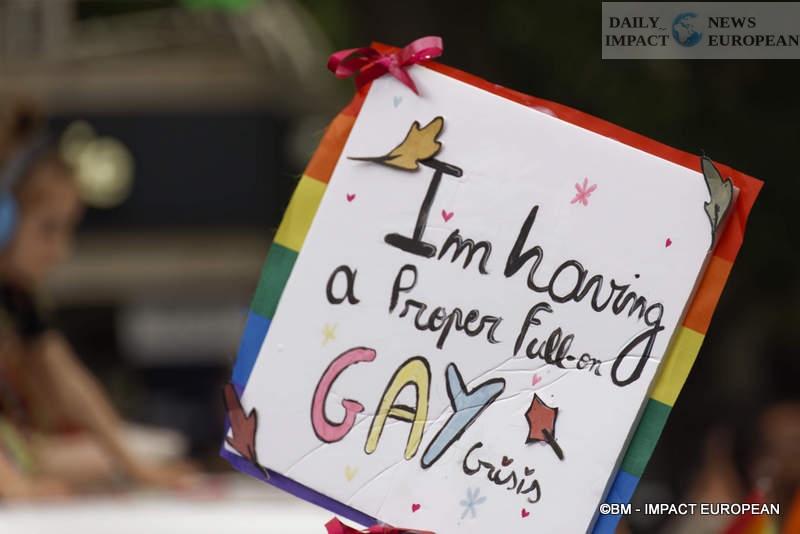
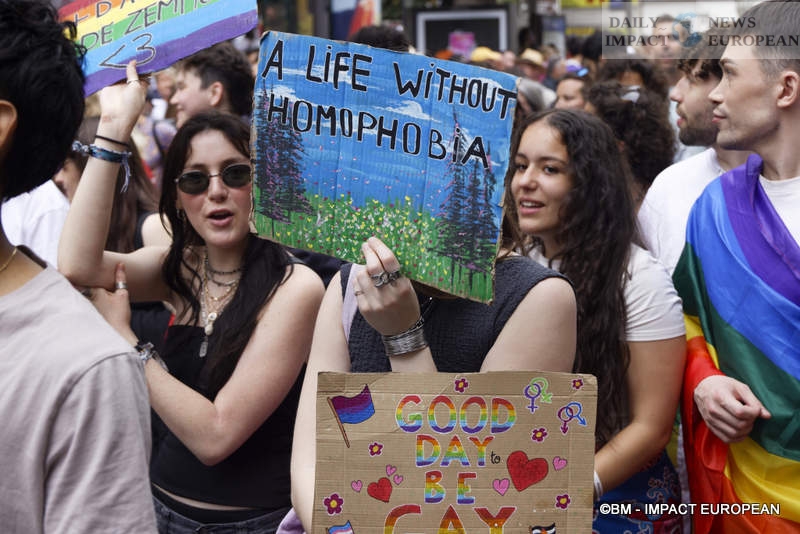
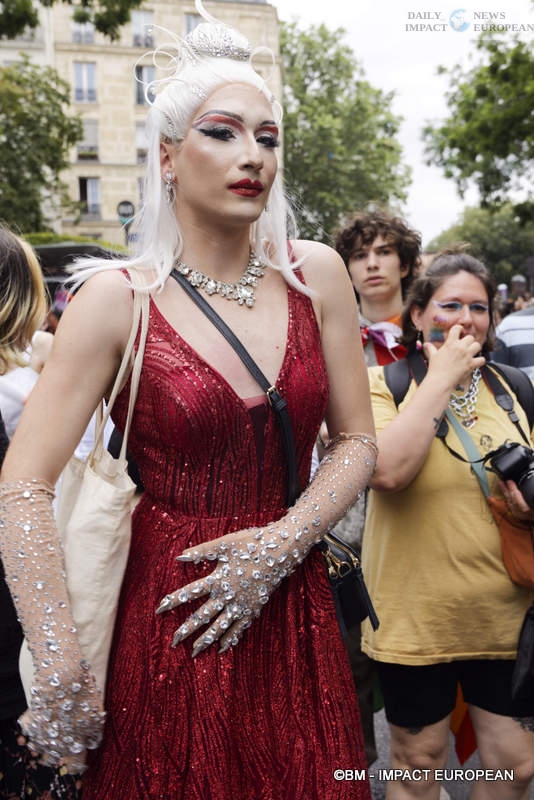
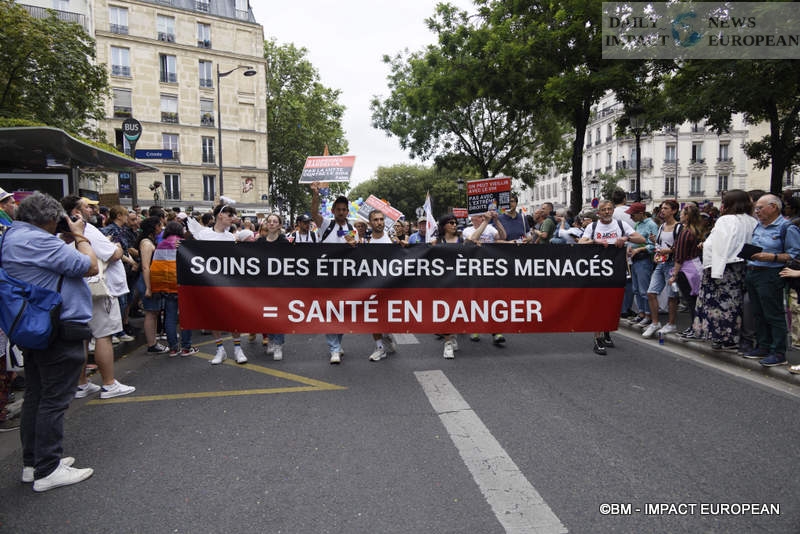
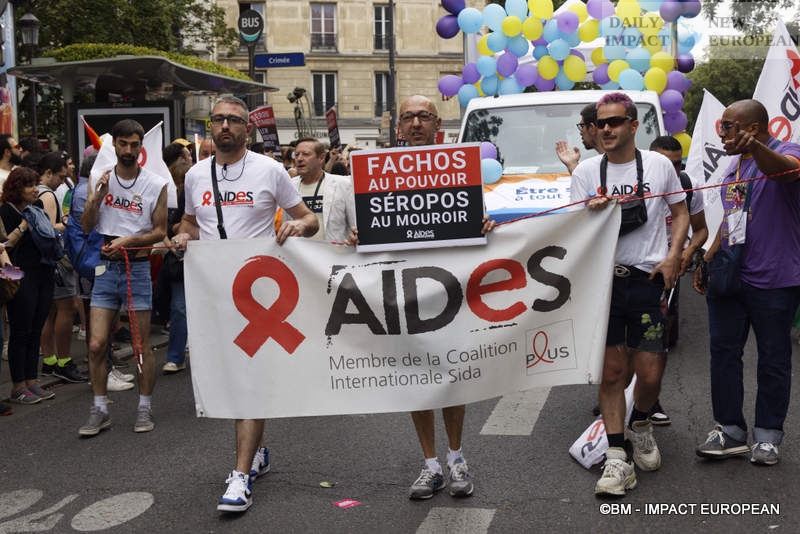
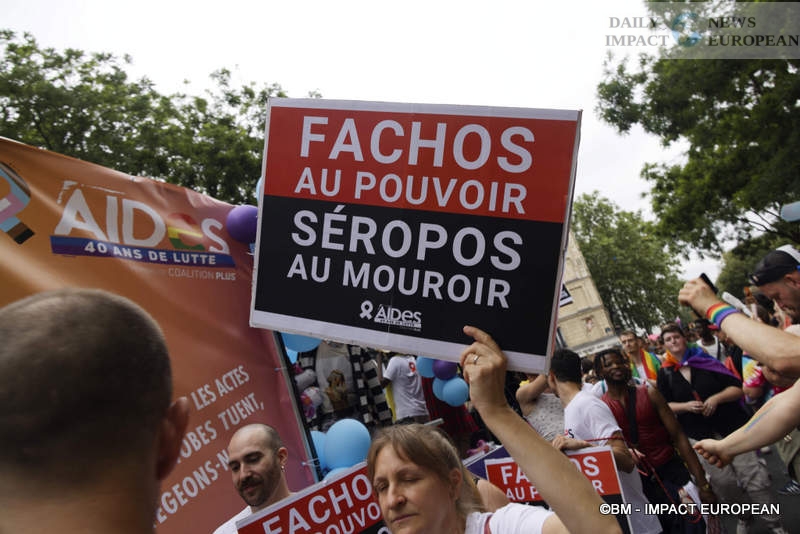
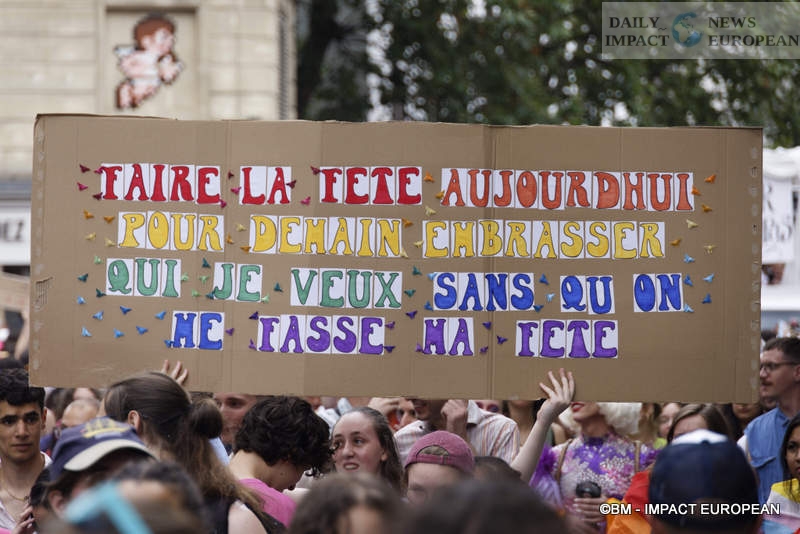
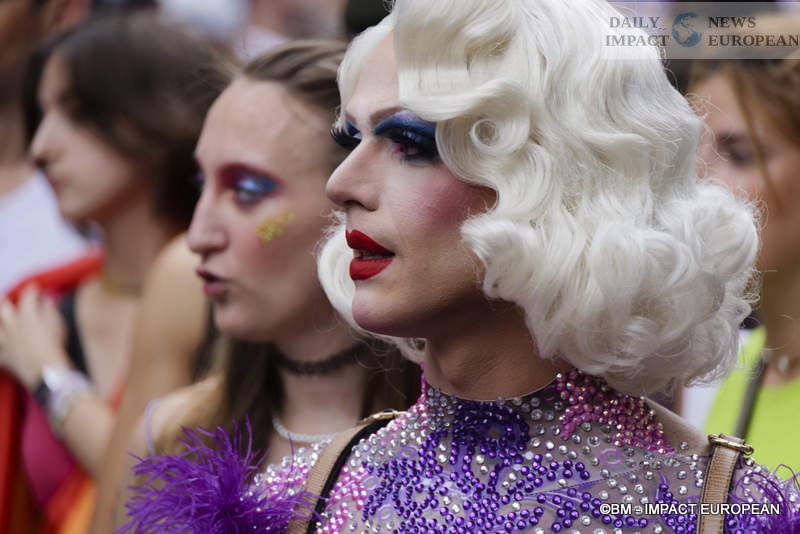
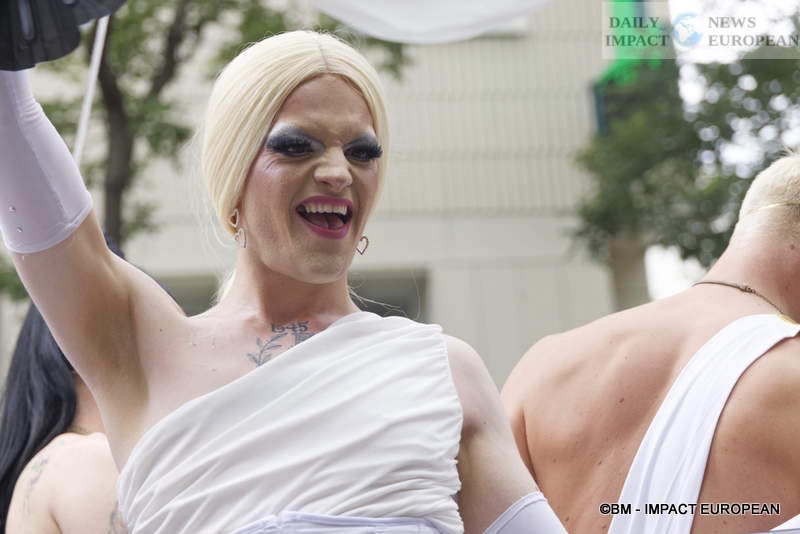
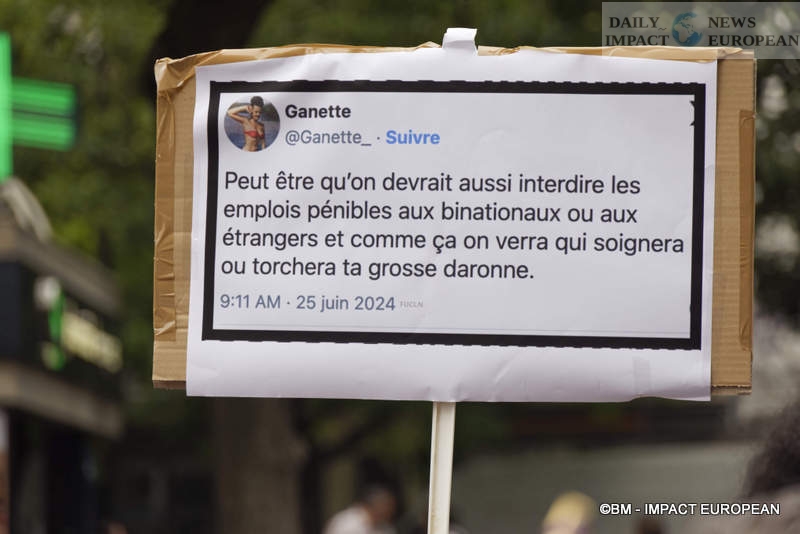
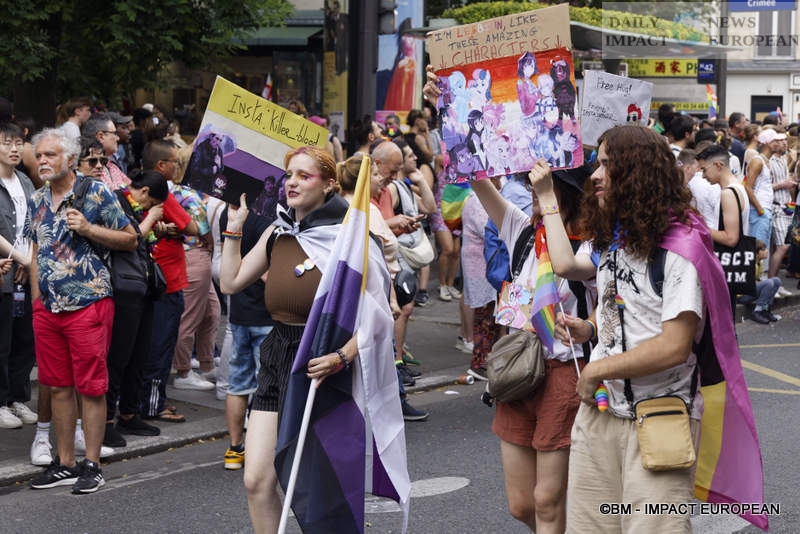
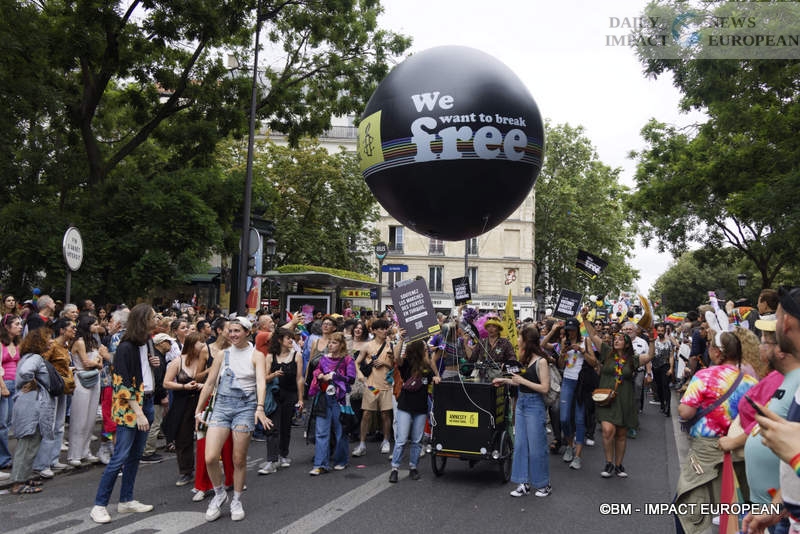
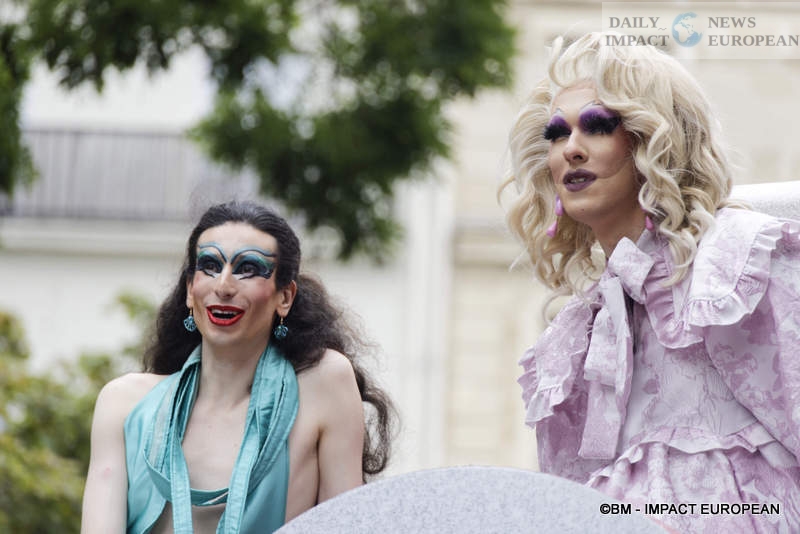
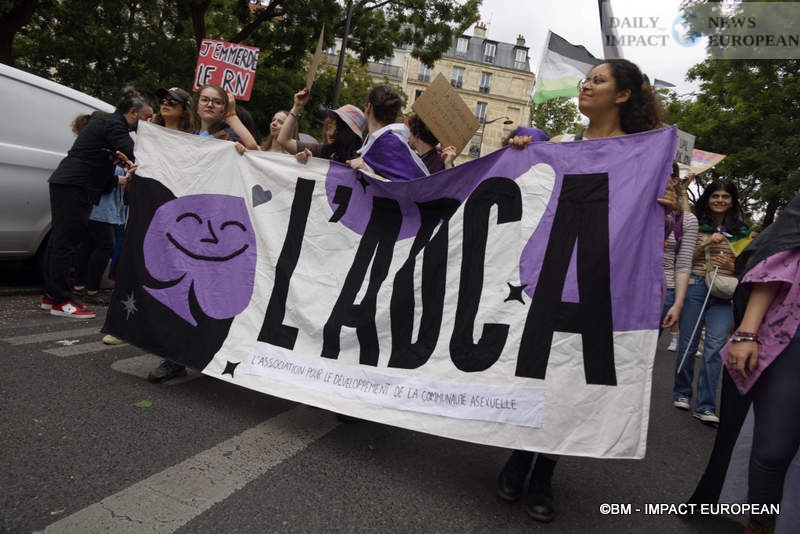
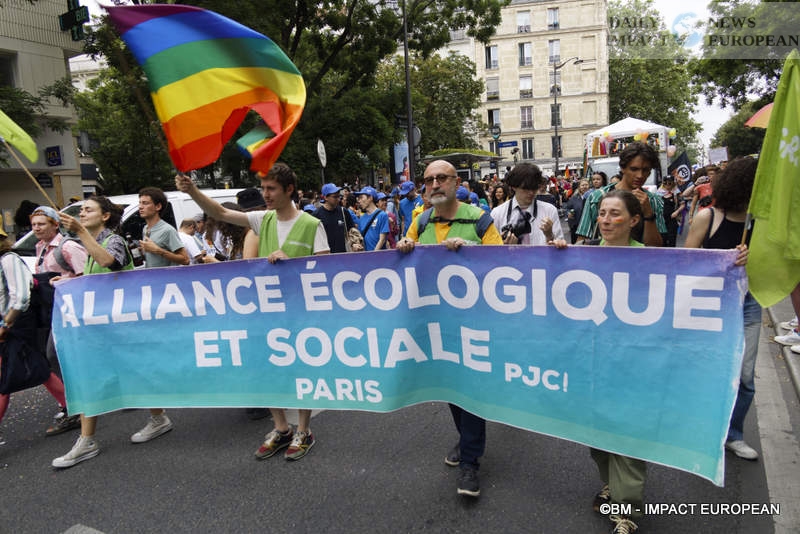
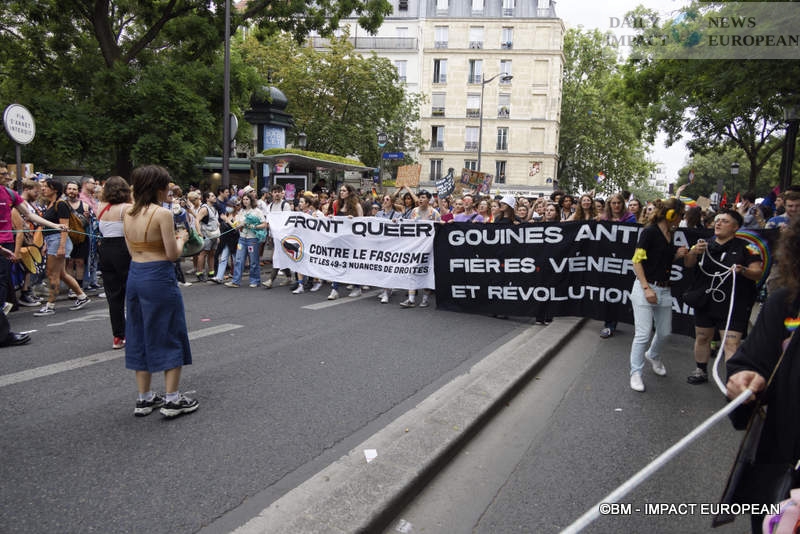
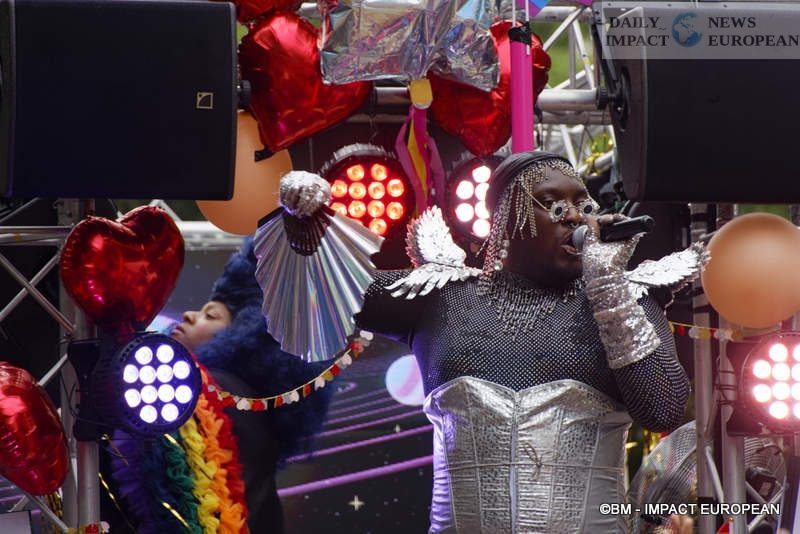
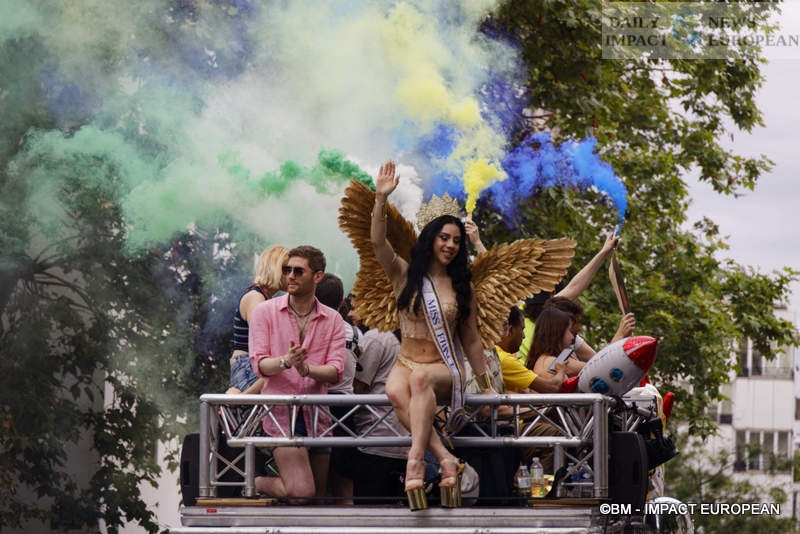
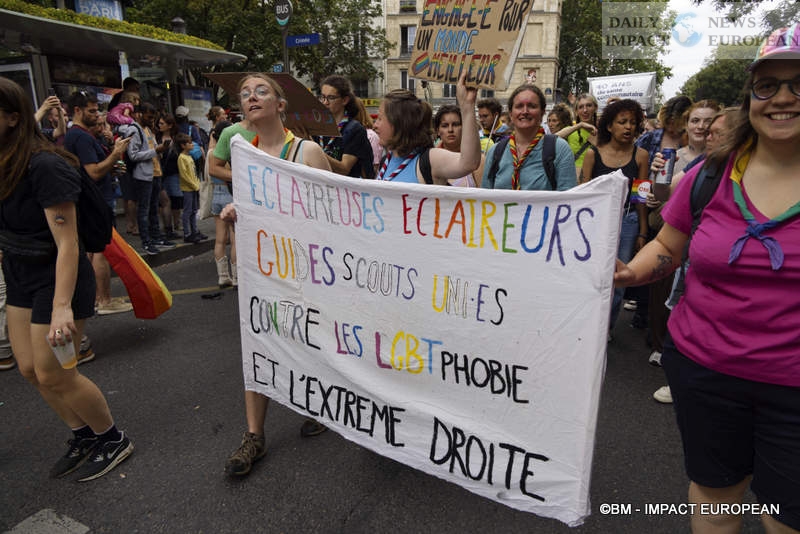
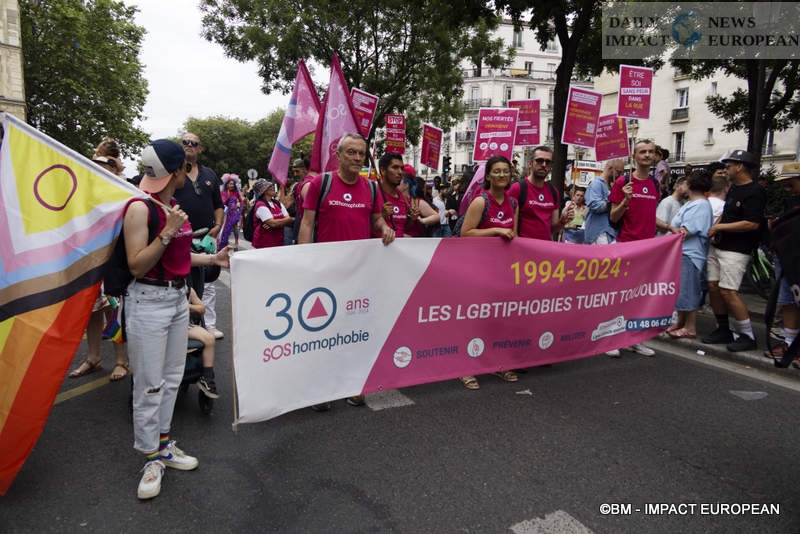
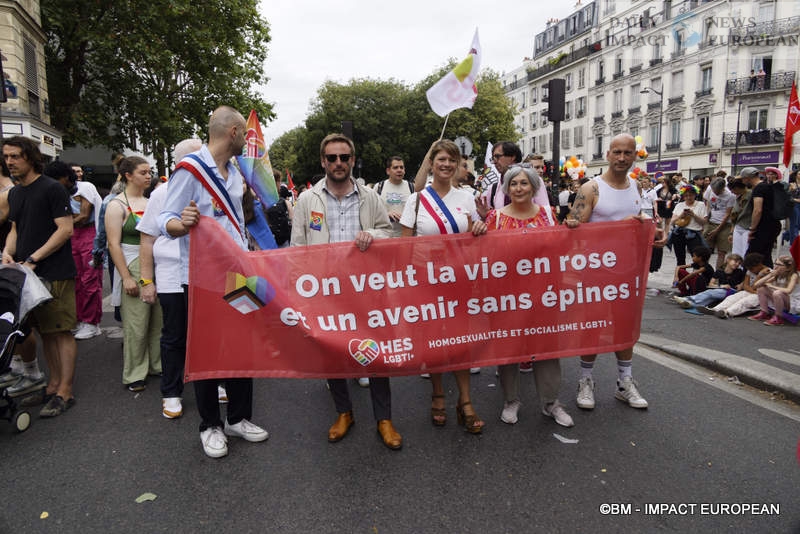
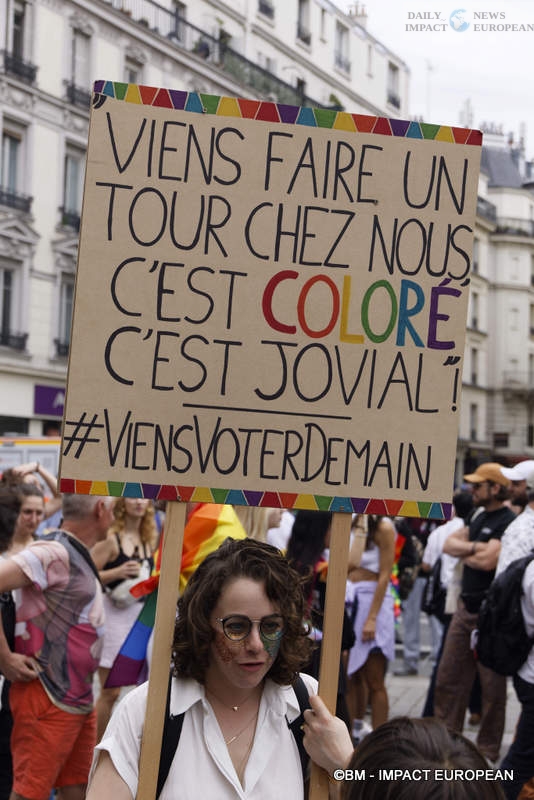
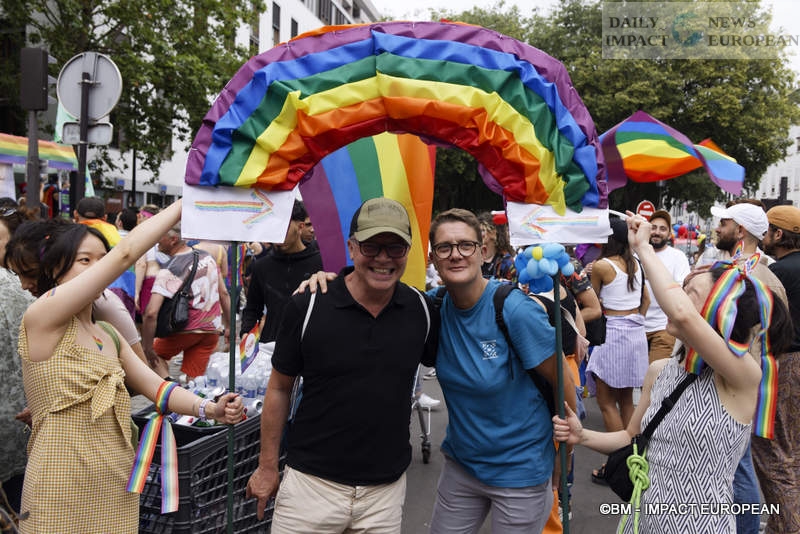
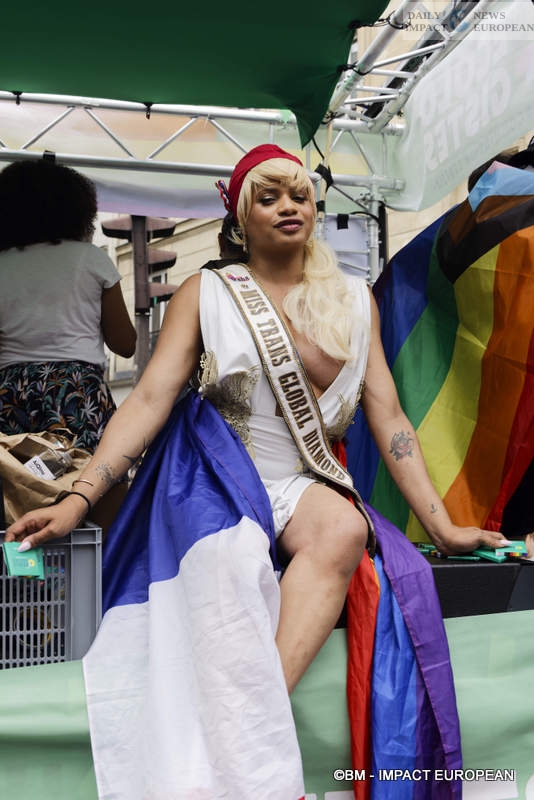
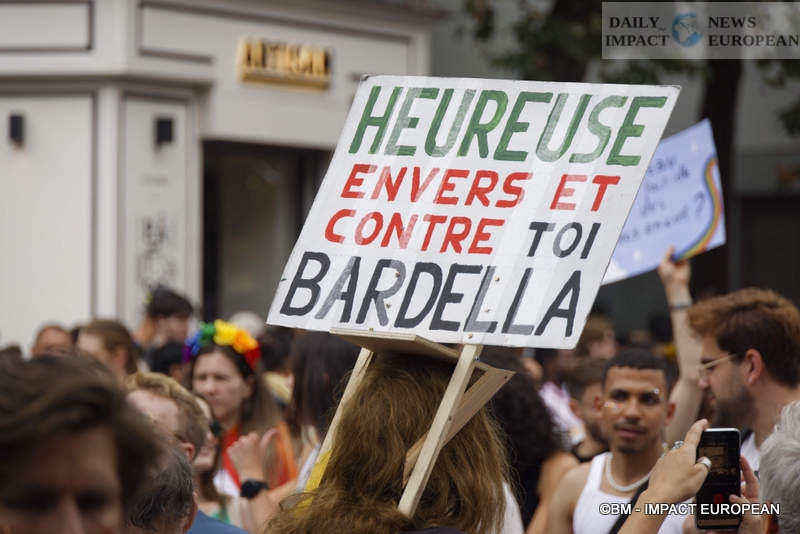
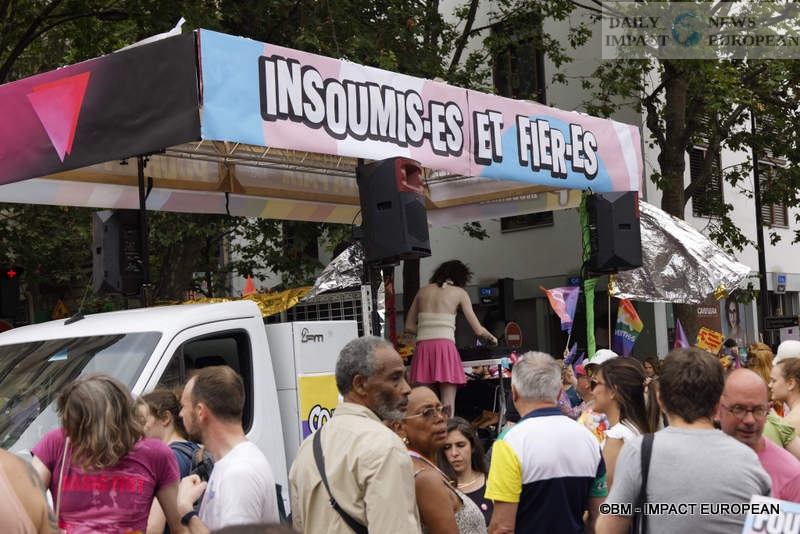
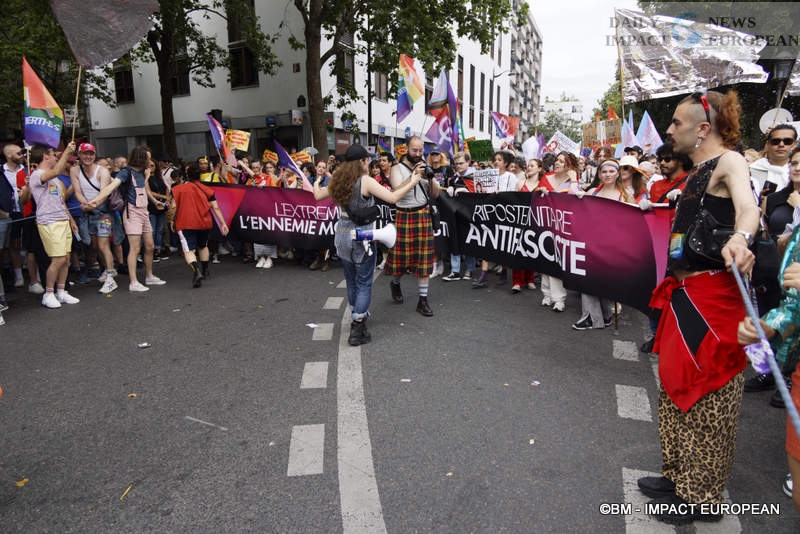
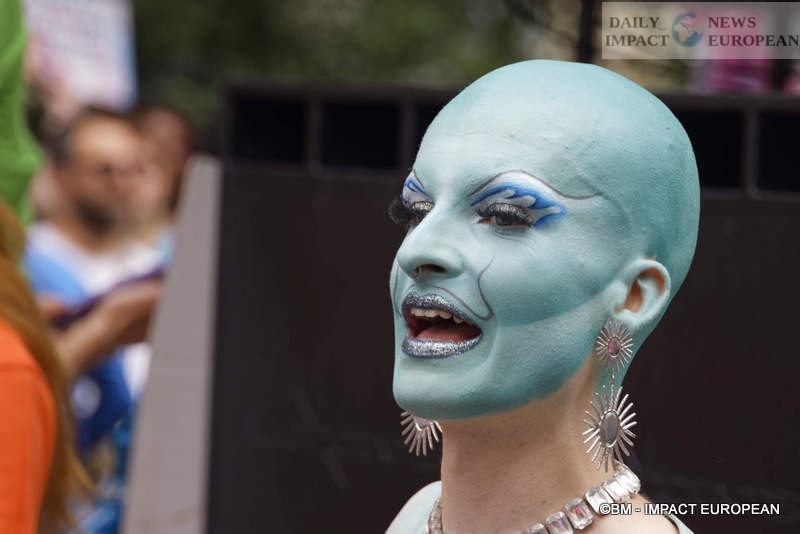
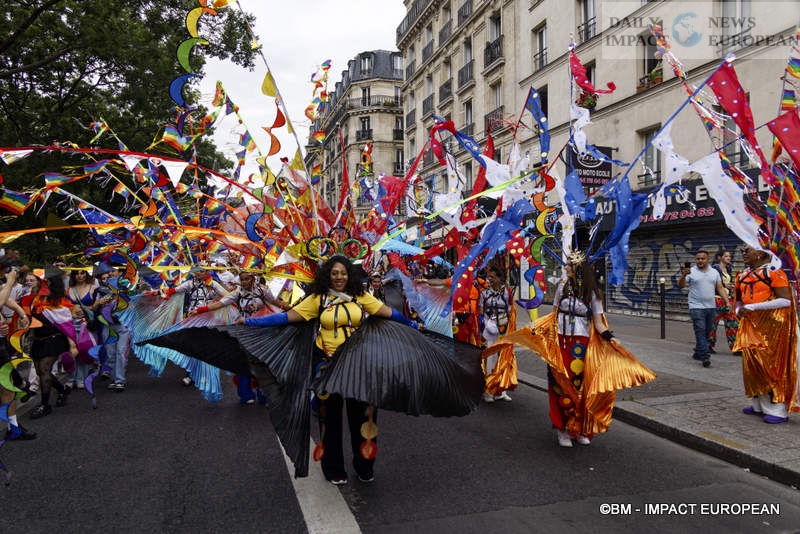
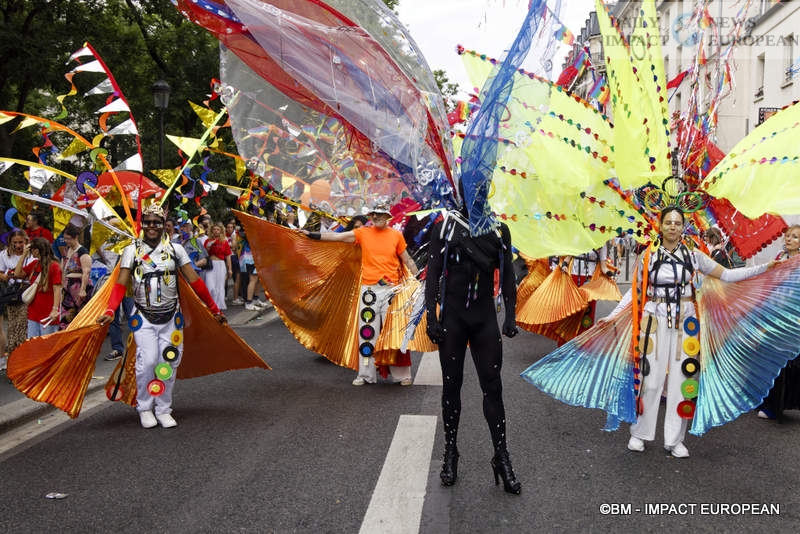
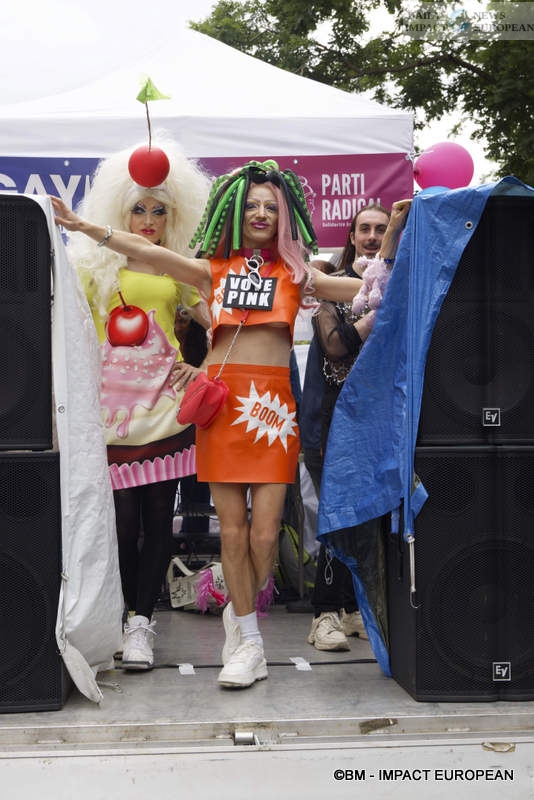
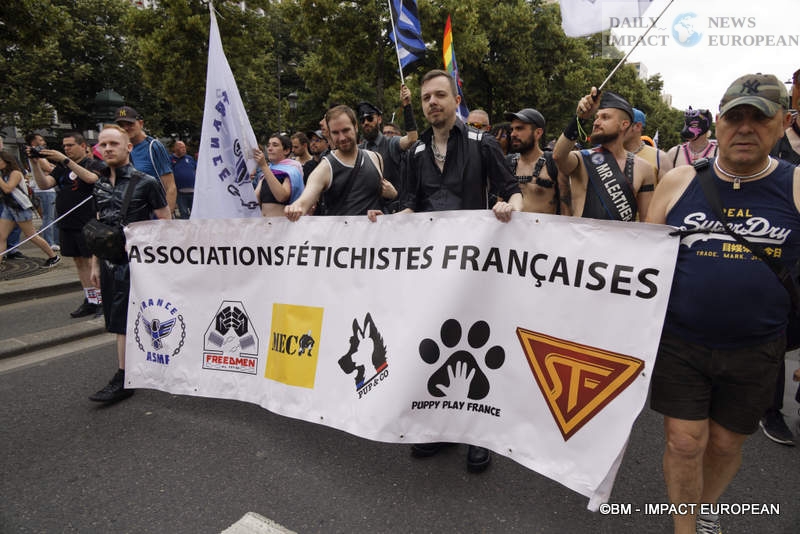
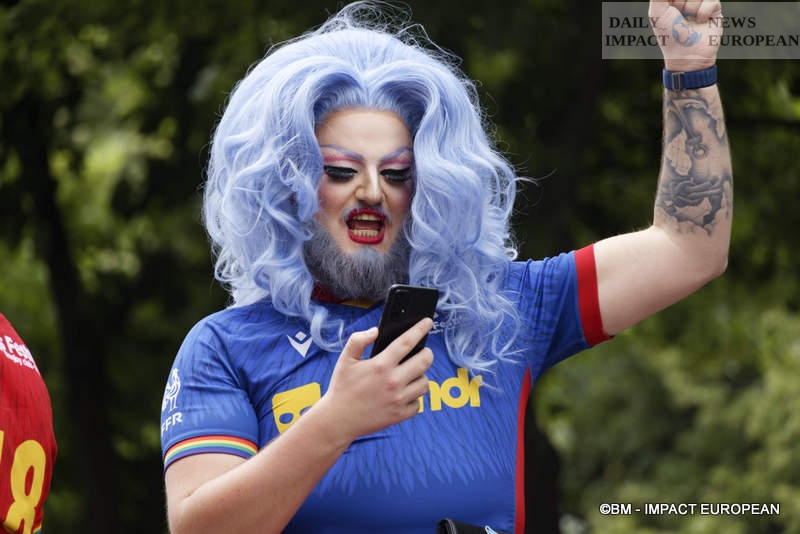
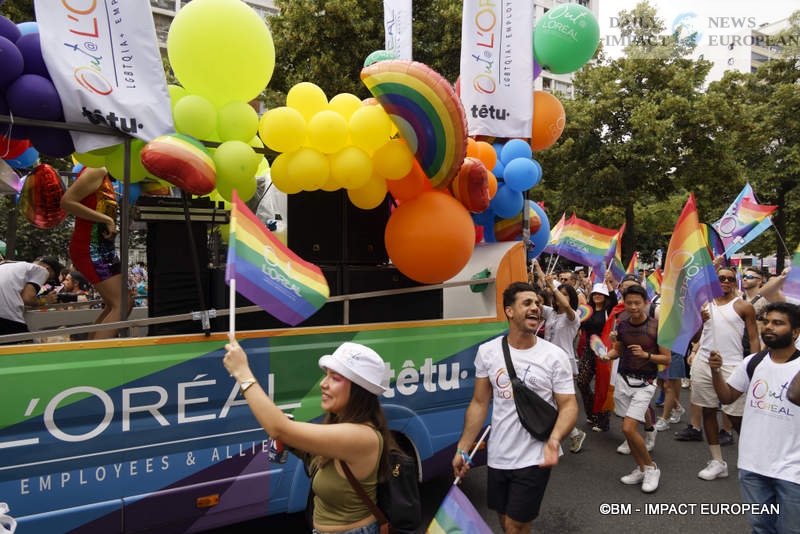
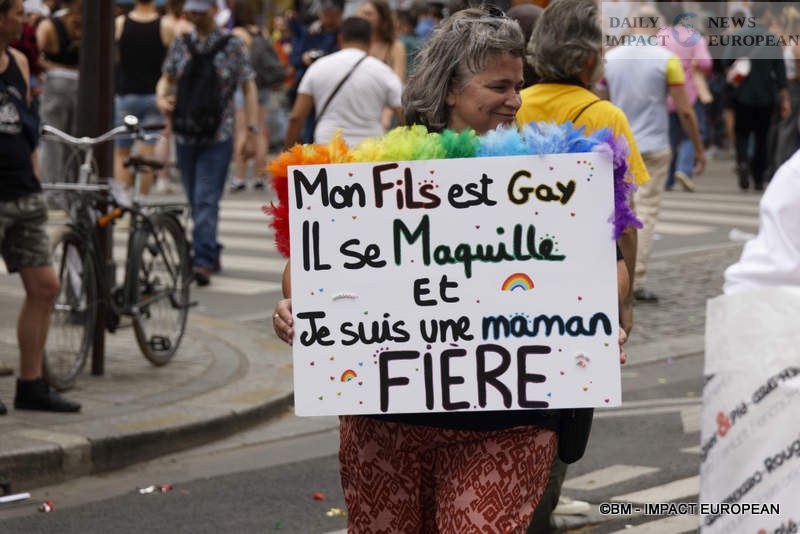
More Stories
Georges Fenech, a Symbol of Renewed Youth, Finds Love Again and Gets Married
United Arab Emirates and Artificial Intelligence: Global Leadership and Strategic Partnerships with France
Premiere of « Gourou » at Pathé